Anti-Inflammatory Foods That Work Better Than Pills
Certain foods have remarkable power to dial back inflammation from the inside, supporting everything from joint health to clearer thinking and even steady moods. Unlike quick-fix medications, these foods bring a team of benefits—nourishing your body, protecting your cells, and gently guiding your system back toward balance without the worry of side effects. In this expanded guide, we’ll spotlight the most effective anti-inflammatory foods—each with evidence-backed benefits, a unique way of supporting your health, and simple tips to make these healing helpers part of everyday meals. Ready to find out what a little kitchen wisdom can do?
1. Omega-3-Rich Salmon

Salmon isn’t just a delicious centerpiece—it’s a powerhouse for easing inflammation throughout your body. Thanks to its high levels of omega-3 fatty acids, specifically EPA and DHA, salmon goes to work where inflammation starts: it helps block the signals that tell your immune system to stay on “high alert,” easing swelling and stiffness in joints and muscles. Clinical studies have found that eating fatty fish like salmon can lower key inflammatory markers, including C-reactive protein (CRP), by as much as some over-the-counter pain relievers. What’s even better? Salmon’s nutrients come with side benefits—supporting heart, eye, and even brain health, all in one satisfying meal. For the best effect, enjoy a grilled or baked fillet a couple of times each week. Whether you’re battling sore knees, chasing better recovery after workouts, or just aiming for sustained energy, adding salmon is a sustainable, rewarding change.
2. Blueberries
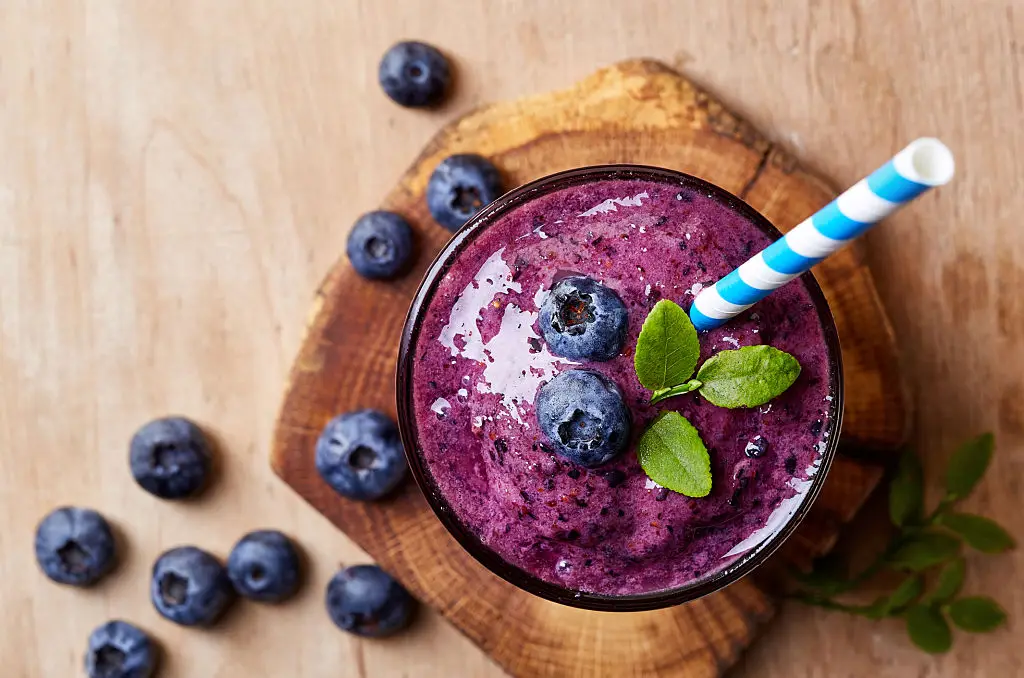
Blueberries might be tiny, but their impact on inflammation is huge. Packed with antioxidants called anthocyanins, these little fruits target the very root of inflammation, disrupting the chemical pathways that cause swelling and chronic aches. Studies show that people who eat berries regularly see lower levels of inflammatory markers and even report better joint comfort. Blueberries are a smart swap for sugary snacks, giving you a sweet boost without the crash. They’re simple to toss into yogurt, blend into smoothies, or just grab by the handful when you’re craving something bright and juicy. Beyond fighting inflammation, they support healthy aging and memory too—proving big results can sometimes come in the smallest packages.
3. Leafy Greens (Spinach & Kale)
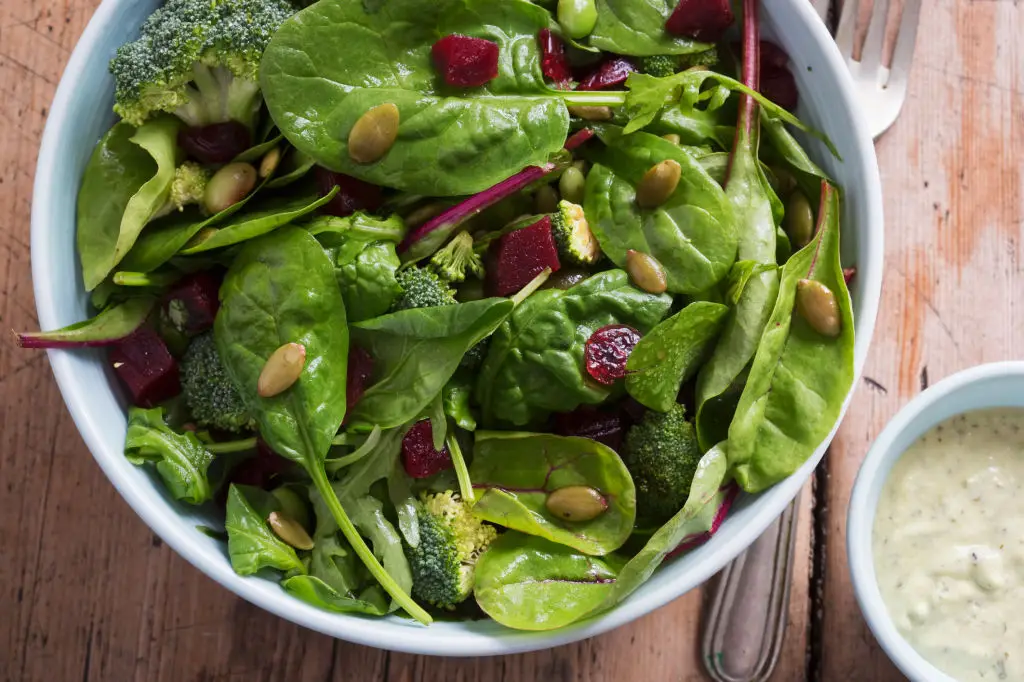
Think of leafy greens like spinach and kale as daily armor against inflammation. Loaded with vitamin K and a vibrant mix of polyphenols, these veggies don’t just decorate your plate—they actively lower the signals that keep your body in a state of chronic inflammation. Research connects regular leafy green consumption with a measurable drop in C-reactive protein, a marker linked to long-term health risks. If salads aren’t your thing, try tossing spinach into an omelet or blending kale into a smoothie for an easy win. Not only do leafy greens help cool inflammation, but their gentle fiber also supports gut health, rounding out their benefits in a way no pill ever could. Every serving feels like a fresh start for your body.
4. Walnuts
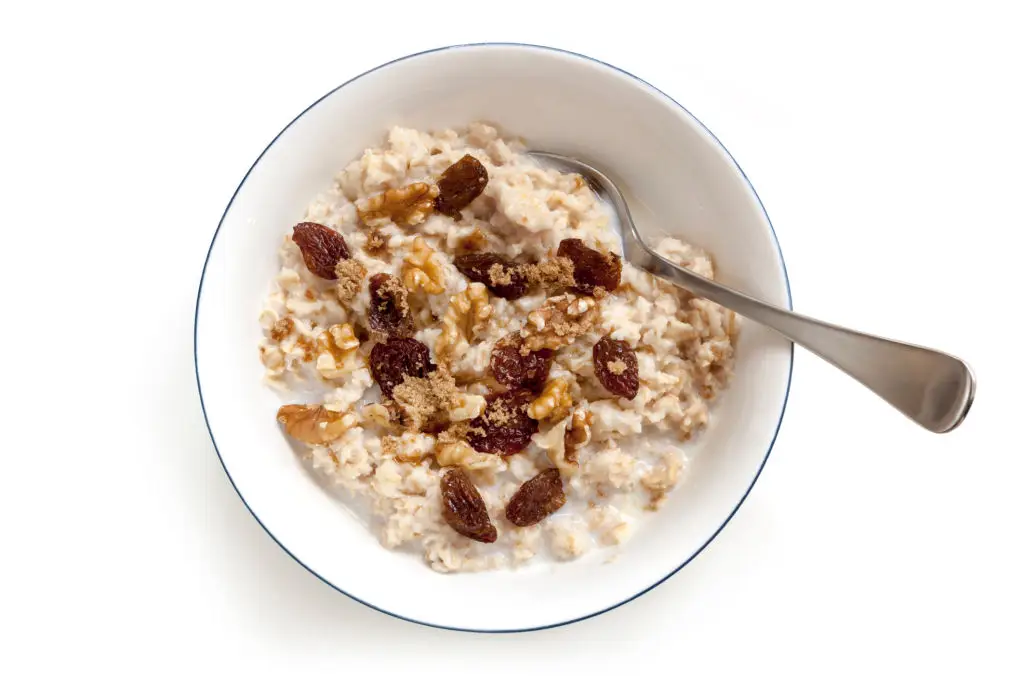
Walnuts are a satisfying, crunchy snack with a soothing secret: they’re loaded with omega-3 alpha-linolenic acid (ALA), unsaturated fats, and vitamin E, all proven to help tamp down inflammation. Scientific studies have shown that munching on a handful of walnuts most days can lower interleukin-6 (IL-6), a marker that’s often elevated in people who experience chronic discomfort. Think of walnuts as multitaskers—they’re as welcome in a grain bowl as in your favorite oatmeal or tossed into salads for a little extra crunch. Easy to fit into a busy routine, walnuts make feeling your best a little easier and more delicious with every bite.
5. Turmeric
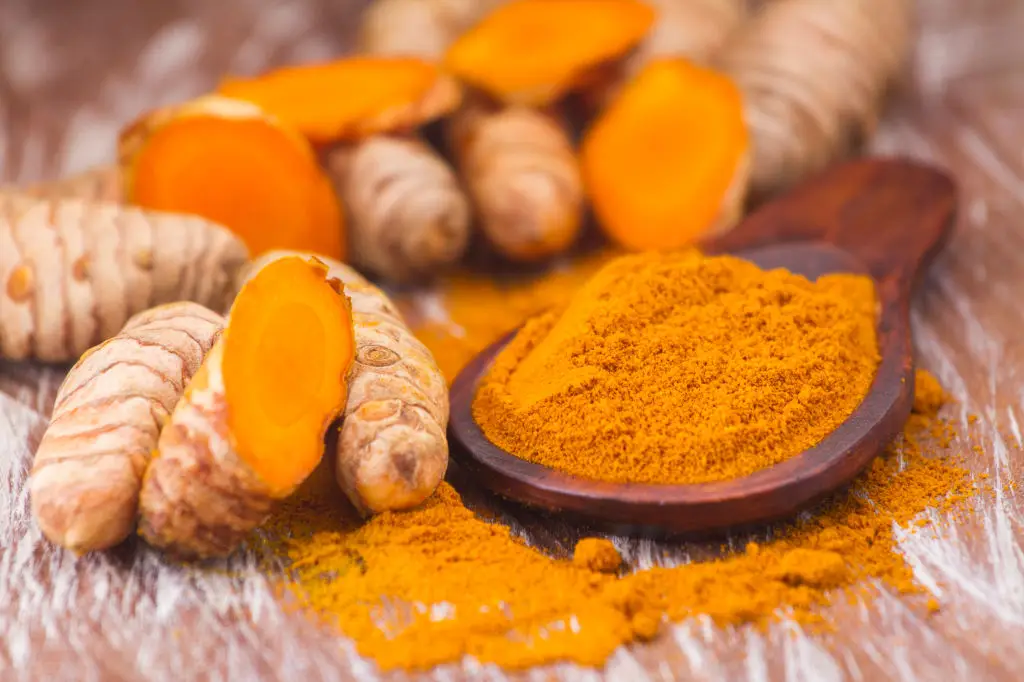
Bright yellow and bold in flavor, turmeric is as powerful as it is colorful. Its active compound, curcumin, has been called nature’s anti-inflammatory, and research shows it can act much like some over-the-counter pain pills by inhibiting the COX enzymes that help spark inflammation. Unlike many medications, turmeric brings warmth, color, and a hint of earthiness to dishes while quietly helping your body heal. The trick is pairing it with black pepper, which increases curcumin’s absorption, making it even more effective. Try stirring turmeric into soups, scrambled eggs, or a cozy cup of hot tea. It’s a flavorful ritual that offers more than just comfort—it brings a daily dose of gentle support for your whole system.
6. Olive Oil (Extra Virgin)

A true Mediterranean staple, extra-virgin olive oil is more than just a kitchen workhorse. Its star compound, oleocanthal, has inflammation-busting abilities that some scientists compare directly to the effect of ibuprofen—but without the potential side effects. Just a drizzle on salads or as a base for gentle sautéing works behind the scenes to lower inflammatory markers like CRP and IL-6. Beyond its anti-inflammatory magic, olive oil supports heart health, balanced cholesterol, and even assists nutrient absorption from other foods on your plate. Choose cold-pressed, extra-virgin varieties for the full benefit, and see each meal as a chance to nurture your body, one golden drop at a time.
7. Chia Seeds
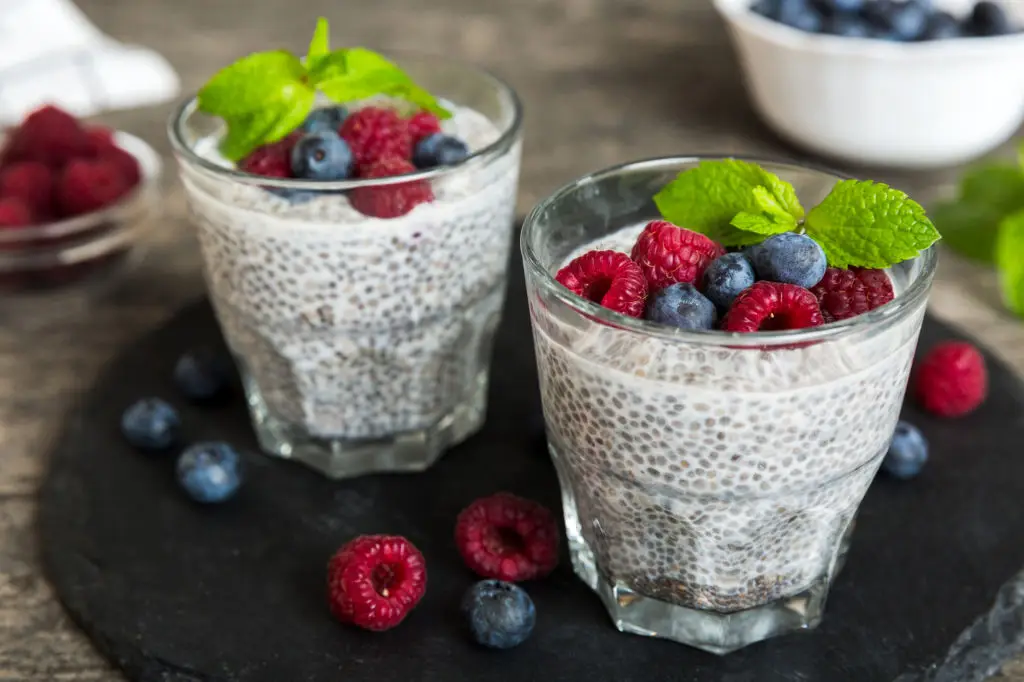
Don’t let their size fool you—chia seeds pack a powerful punch. Bursting with plant-based omega-3s, fiber, and lignans, these tiny seeds can help reduce systemic inflammation and support digestive well-being in one go. Research suggests that adding chia seeds to your daily meals can lower the same inflammatory pathways that certain medications target, but with the added benefits of fiber for gut health and more stable energy throughout the day. Try sprinkling these super seeds on your oatmeal, blending them into smoothies, or prepping simple chia pudding for busy mornings. The result? A delicious, gentle shift toward feeling lighter, stronger, and more resilient, one spoonful at a time.
8. Broccoli
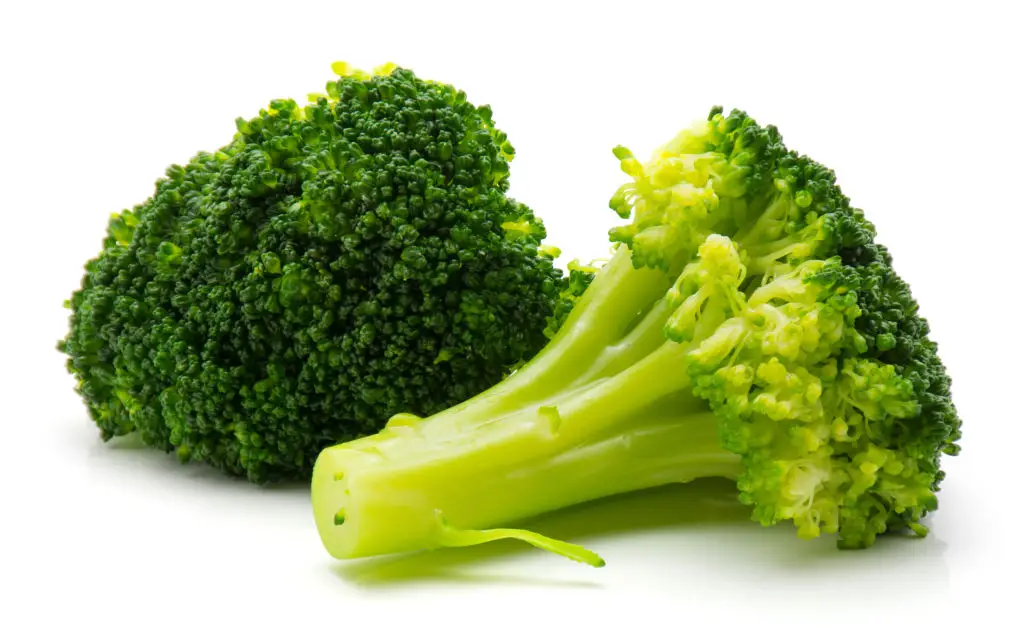
Broccoli is a mealtime classic—and with good reason. High in sulforaphane and vitamin C, it works at the cellular level to block inflammation and even help your body repair itself more quickly. Researchers have found that people who regularly enjoy broccoli see significant drops in inflammation indicators, and it’s especially effective for long-term wellness. Whether you steam, roast, or toss it with a splash of olive oil, broccoli fits effortlessly into meals and supports your body’s own healing mechanisms. Plus, its satisfying crunch and fresh flavor make it easy to turn healthy eating into a daily habit that tastes as good as it feels.
9. Ginger
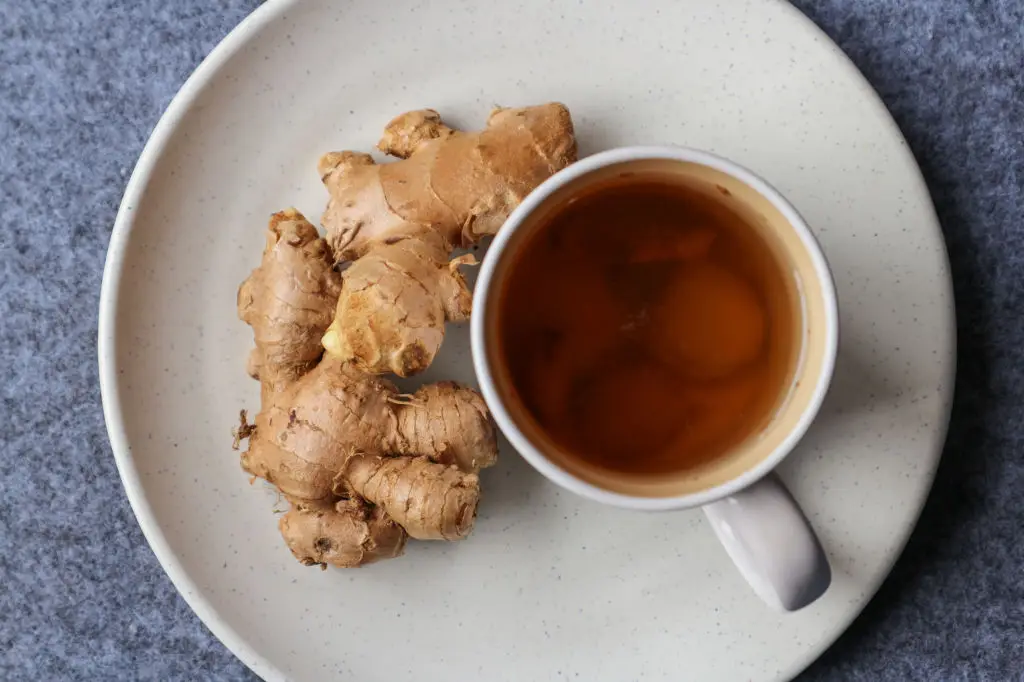
Ginger has soothed sore throats and settled stomachs for centuries, but its main magic may be in fighting inflammation head-on. The gingerol family of compounds helps lower both acute and chronic aches by calming the same immune pathways many pain pills target. Unlike those pills, ginger comes with a side of warmth and natural sweetness, making it easy to add to stir-fries, bake into healthy snacks, or brew into soothing tea. For folks dealing with joint discomfort or everyday stiffness, making ginger a staple can be a gentle, uplifting act of self-care—one delicious slice or sip at a time.
10. Black Beans
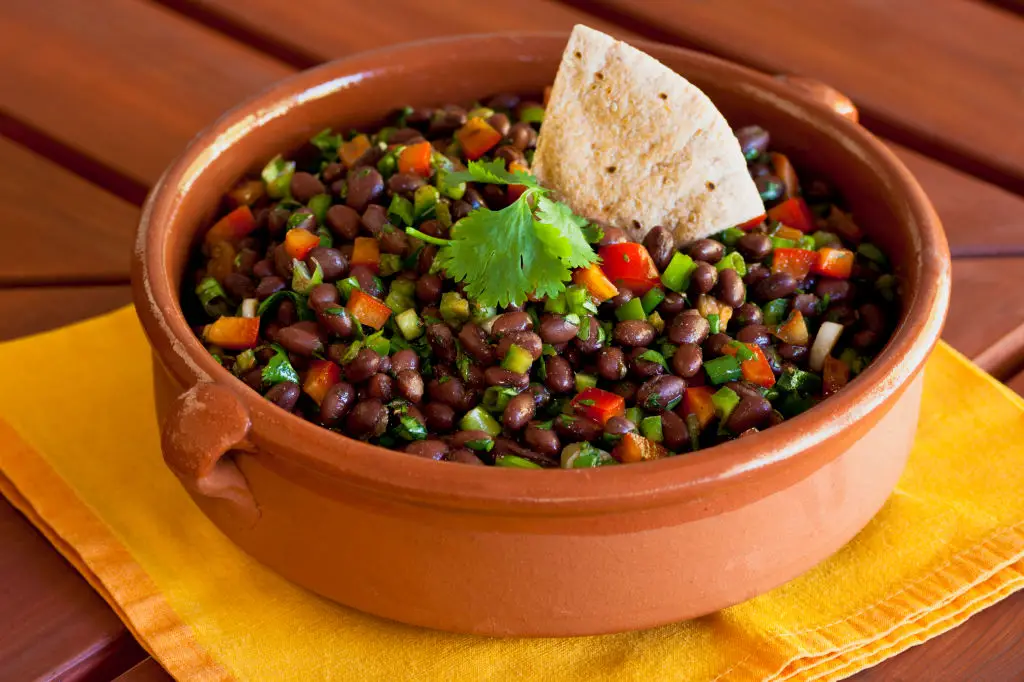
Black beans are small, but their benefits are mighty. Their blend of fiber, antioxidants, and resistant starch helps cool inflammation by strengthening gut health—an essential piece of the well-being puzzle that pills simply can’t address. Research shows that a diet rich in beans can help tamp down inflammation signals that circulate through the body, making black beans a smart addition for anyone looking to balance energy and nurture their digestive system. Try simmering them into stews, adding to salads, or whipping up a simple bean dip for busy afternoons. It’s a simple shift that helps your whole system run more smoothly, one bowl at a time.
11. Avocados
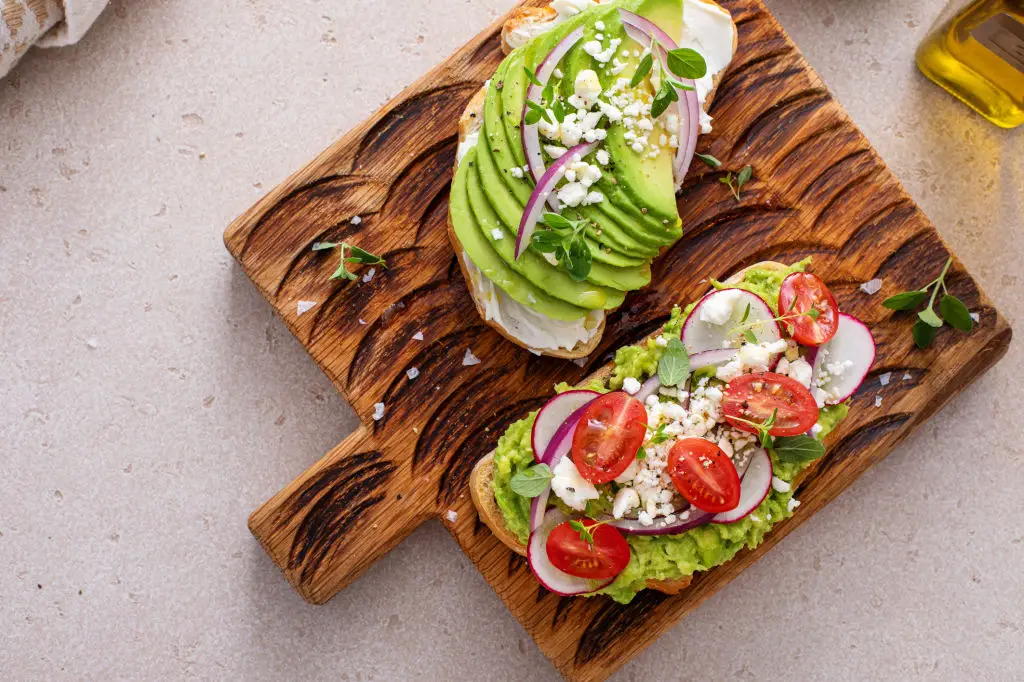
Creamy, rich, and endlessly versatile, avocados bring both taste and touchable results for inflammation. They’re packed with monounsaturated fats, lutein, and carotenoids—nutrients shown in clinical research to lower inflammation markers and even support brain health. Avocados’ smooth texture and mild flavor make it easy to add them to toast, blend into smoothies, or slice onto salads. Unlike quick-fix medications, avocados steadily support your system, giving you a gentle nudge toward resilience and lasting comfort in every bite.
12. Tomatoes
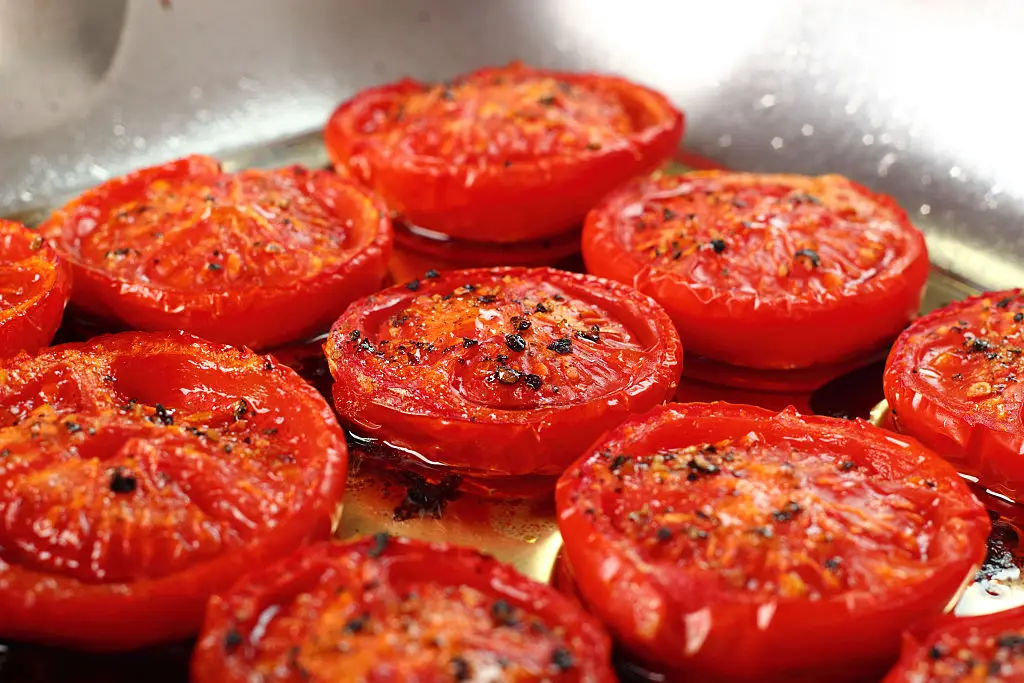
From juicy fresh slices to tangy sauces, tomatoes are a year-round staple that pulls double duty on your plate. Thanks to lycopene and vitamin C, they offer powerful, natural defenses against chronic inflammation, especially when cooked (which helps the body absorb their nutrients). Studies find that tomato-rich meals can lower markers of inflammation and may protect the heart, joints, and blood vessels over time. Add sliced tomatoes to sandwiches, toss them into salads, or roast them for a richer, sweeter flavor—each serving is a simple, comforting step toward steady, sustained well-being.
13. Green Tea

A comforting mug of green tea does so much more than warm your hands. Brimming with EGCG—an antioxidant polyphenol—green tea gently blocks the cellular messengers that keep inflammation rolling. Clinical research links regular green tea drinking to lower levels of C-reactive protein and a reduced risk of inflammatory diseases. It’s easy to customize your tea habit to fit any routine: hot or iced, with a squeeze of citrus or a handful of berries. Each sip becomes a quiet act of self-care, inviting calm, comfort, and a subtle nudge toward vibrant health from morning to evening.
14. Greek Yogurt
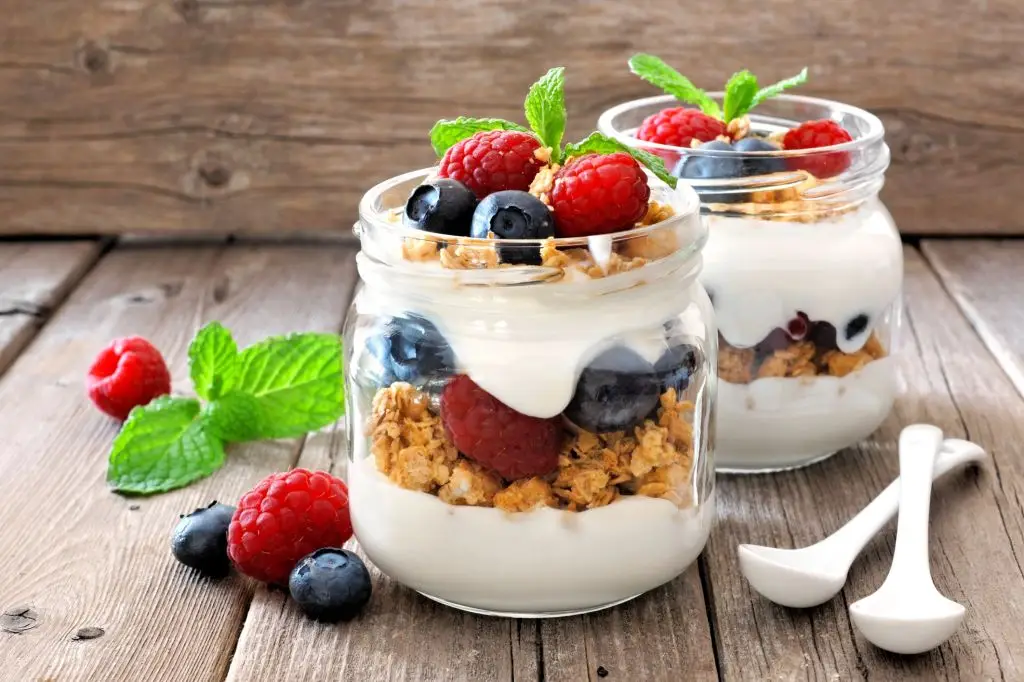
Greek yogurt is a creamy go-to for breakfast or snacks, and it’s doing important work behind the scenes too. Through the fermentation process, it delivers probiotics—good bacteria that support not just your gut but inflammation levels throughout your body. A healthy gut sets the stage for better immune balance, which can mean less discomfort and more resilience every day. Top with berries for an added antioxidant boost, layer into parfaits, or simply enjoy on its own. Greek yogurt is a gentle, delicious way to support your whole self, one spoonful at a time.
15. Dark Chocolate (70%+ Cocoa)

Yes, you read that right—chocolate can play a part in your anti-inflammatory plan. The key is choosing high-cocoa, minimally processed dark chocolate (think 70% cocoa or higher). Flavonoids and antioxidants in dark chocolate have been shown to lower inflammatory responses and support your vessels and heart. The trick is moderation: enjoy a small piece after meals and let the richness remind you that caring for your body can also feel like a treat. Instead of quick, temporary relief, you’ll enjoy a long-term approach that’s both satisfying and supportive, heart and soul.
16. Sweet Potatoes
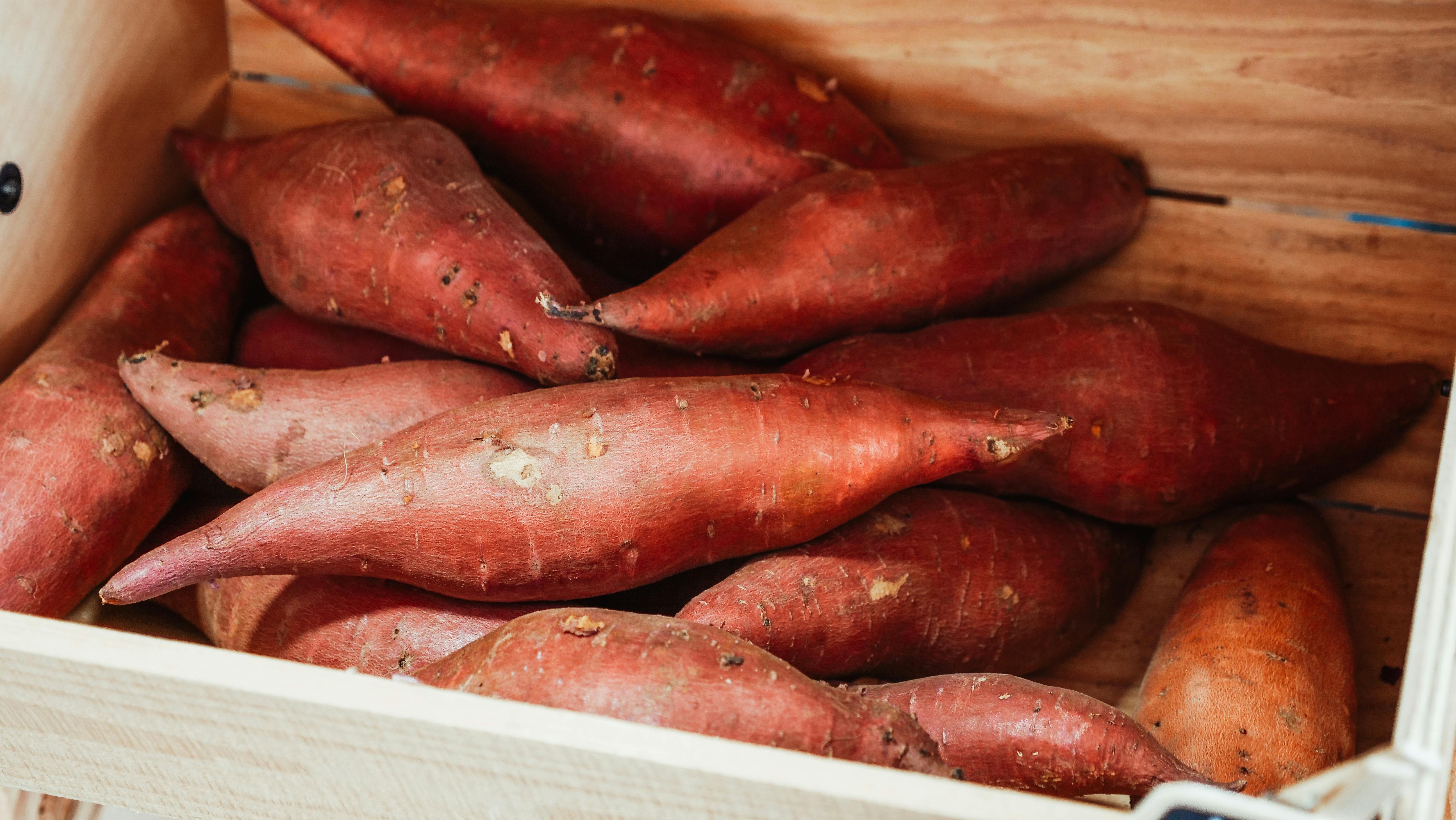
Unlike regular potatoes, sweet potatoes offer a gentle, steady release of energy and are packed with potent anti-inflammatory agents. Their vibrant orange color comes from carotenoids (like beta-carotene), which are powerful antioxidants that scavenge free radicals and dampen the cellular damage that starts inflammation. They also contain unique anthocyanins in their skin that further support this calming effect. Roasting or baking sweet potatoes provides a high-fiber, nutrient-dense carbohydrate that helps manage blood sugar, a crucial step in controlling chronic inflammation. Enjoy them mashed or cubed as a healthy side dish to stabilize energy and soothe your system.
17. Cabbage and Sauerkraut

Cabbage, in all its forms (raw, cooked, or fermented), is a quiet warrior against inflammation. As a cruciferous vegetable, it contains sulforaphane (like broccoli), which helps block inflammatory enzymes. Even more uniquely, when fermented into sauerkraut or kimchi, it becomes a dual-action superfood. The fermentation process creates probiotics that mend the gut barrier—reducing the source of systemic inflammation—while simultaneously producing short-chain fatty acids (SCFAs) that actively calm immune responses throughout the body. Incorporating a small serving of raw cabbage or traditional sauerkraut supports healing from the inside out.
18. Lentils
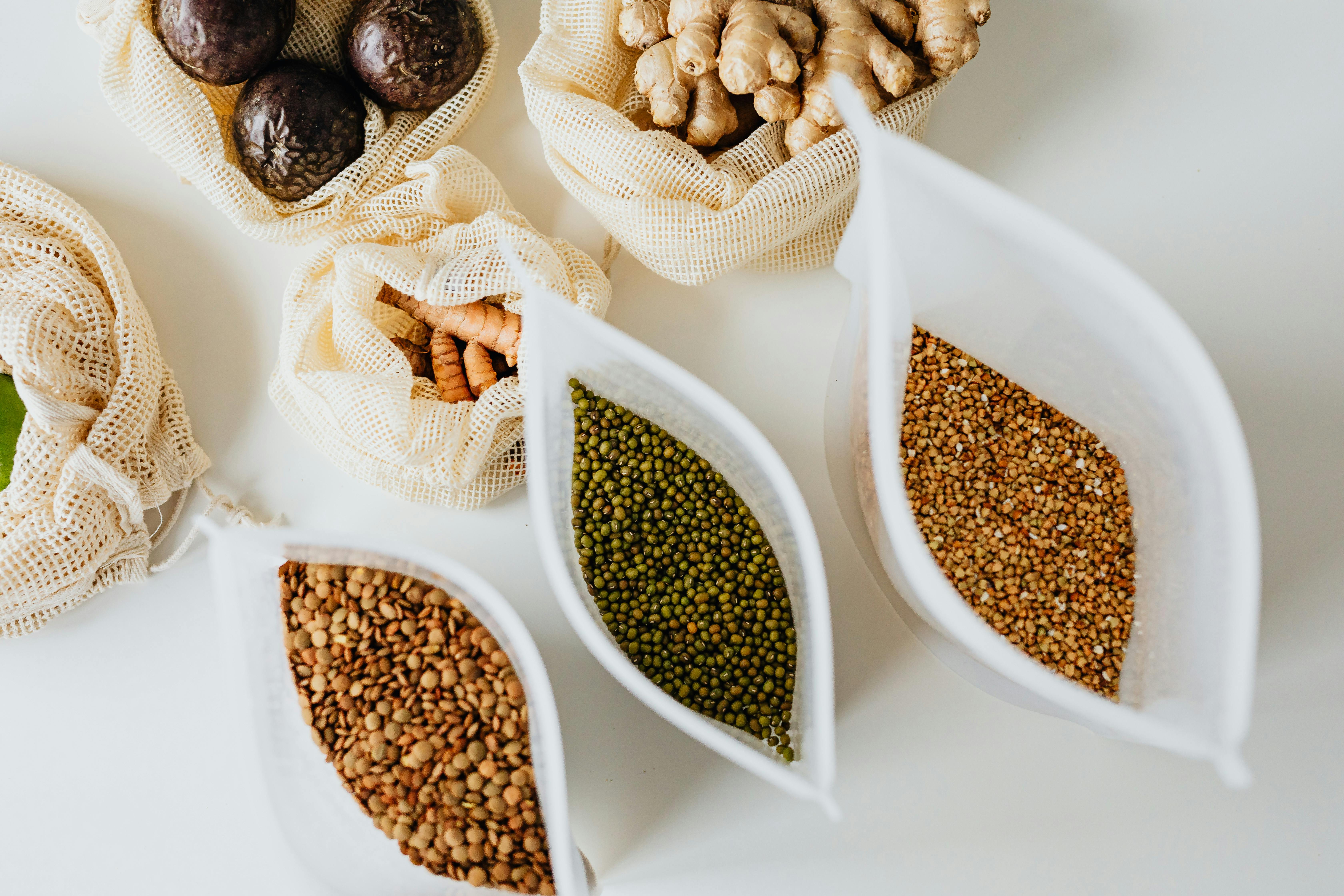
Lentils are the unsung heroes of anti-inflammatory diets, combining high amounts of fiber, plant-based protein, and magnesium—a mineral crucial for regulating immune function. Their unique blend of fiber is known as resistant starch, which acts as a powerful prebiotic, nourishing the beneficial gut bacteria that produce anti-inflammatory compounds. By stabilizing blood sugar and providing sustained satiety, lentils help eliminate the metabolic stress that drives inflammation. Use them as a base for soups, curries, or quick, hearty salads. They are an affordable, shelf-stable, and highly effective way to build anti-inflammatory resilience into every meal.
19. Wild Rice
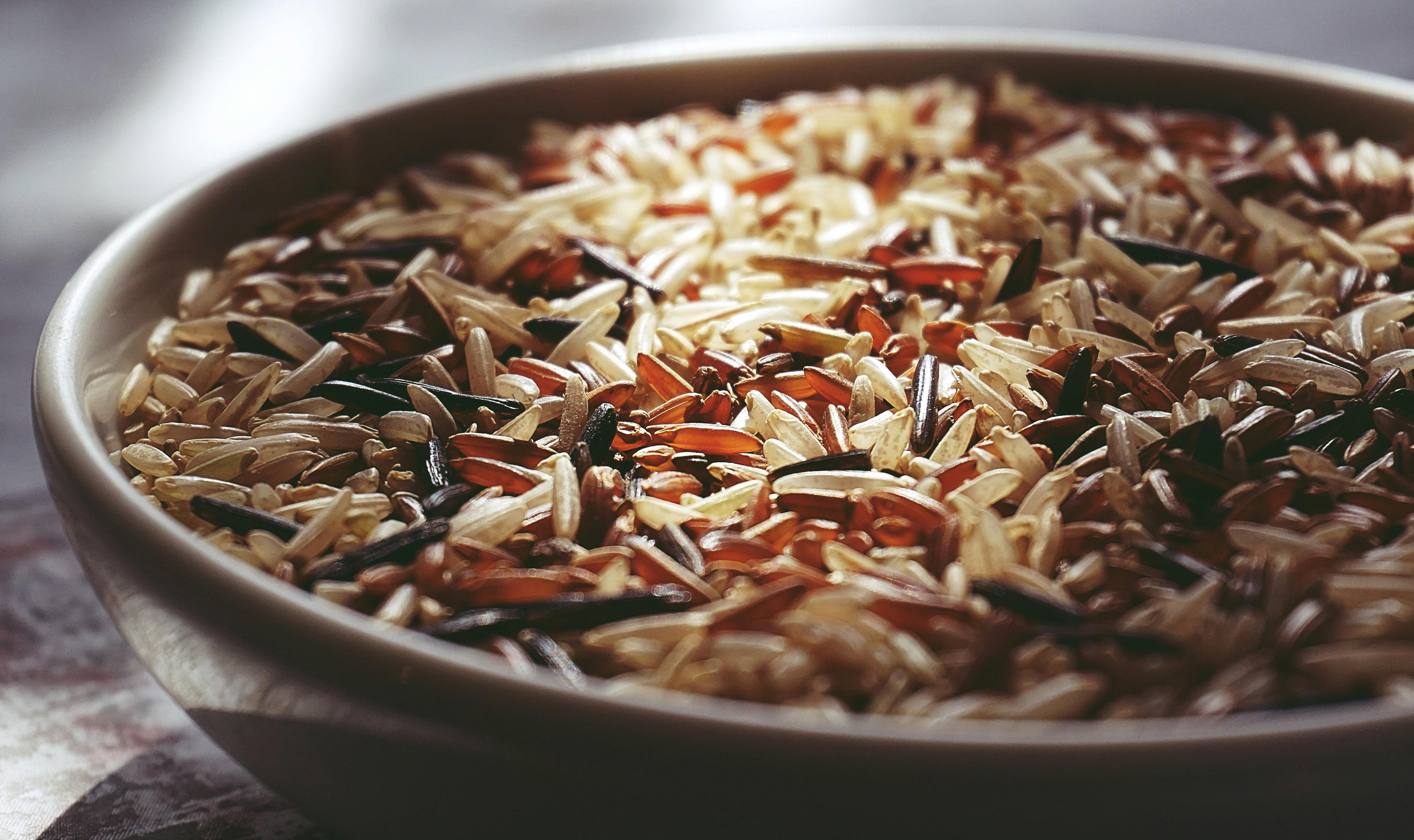
Choosing wild rice over white or even brown rice offers a significantly superior anti-inflammatory profile. While technically a grass seed, it boasts a much higher concentration of antioxidants and protein, along with a lower glycemic index, which prevents the rapid blood sugar spikes that trigger inflammation. Its deep color is indicative of protective phytochemicals that actively reduce oxidative stress. Substituting wild rice into grain bowls, side dishes, or salads is an effortless way to upgrade your meals, providing a nutty flavor, a satisfying texture, and a superior defense against cellular damage and chronic discomfort.
20. Cherries (Tart/Dried)
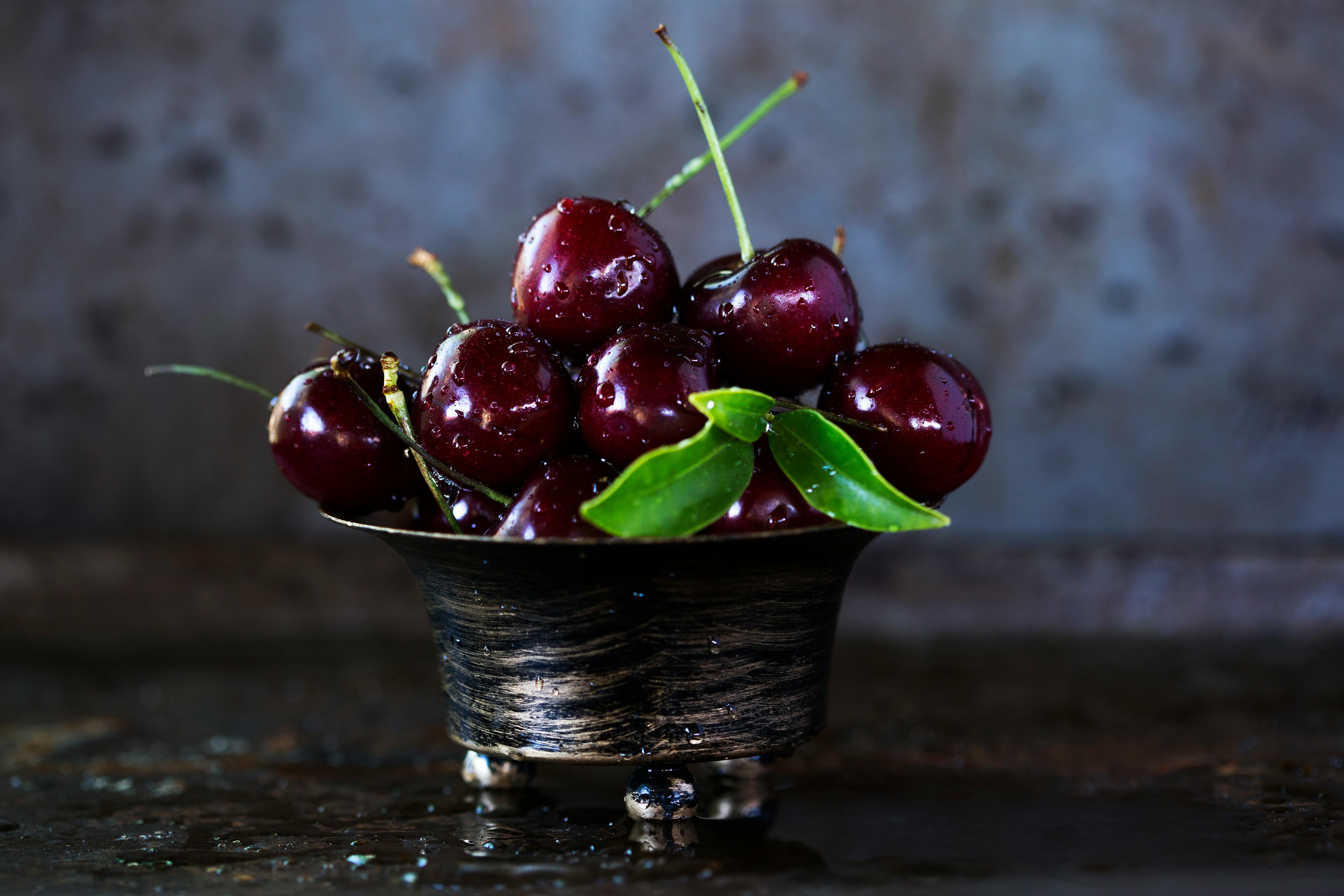
Tart cherries are an exceptional anti-inflammatory fruit, thanks to their concentrated levels of anthocyanins (the same powerful antioxidants found in blueberries, but often in higher concentrations). These compounds have been studied specifically for their ability to reduce muscle soreness post-exercise and ease pain associated with gout and arthritis by lowering uric acid and inflammatory markers. Keeping dried tart cherries in your pantry or sipping on tart cherry juice (unsweetened) is an easy way to access these benefits, turning a simple snack or drink into a therapeutic recovery aid for joints and muscles.
21. Red Onion Skins and Peel
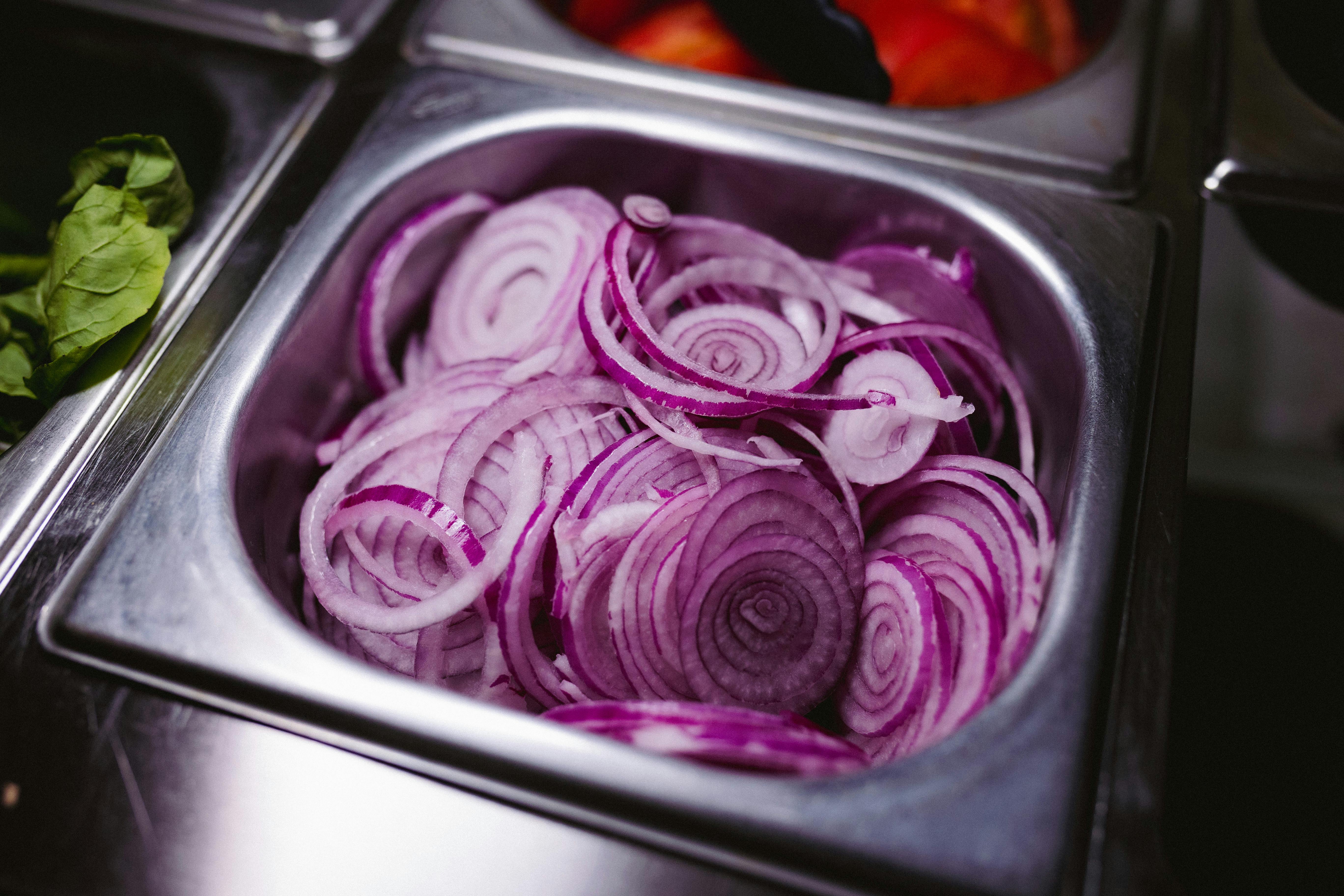
Red onions are renowned for their high content of Quercetin, a potent flavonoid, but the peel and outermost layers hold the highest concentration. Quercetin acts as a powerful antihistamine and anti-inflammatory agent, directly inhibiting the release of inflammation-causing compounds. While you wouldn't eat the peel, you can maximize this benefit by using the outer papery layers when making broths, stocks, or soups. Simmer the onion peel and skin with your broth ingredients for 20-30 minutes, then strain it out. This simple kitchen hack infuses your meals with a high dose of bioavailable anti-inflammatory defense.
22. Bone Broth (Collagen Source)

True bone broth, simmered for 12-24 hours, is not just a liquid; it’s rich in collagen, gelatin, and amino acids like glycine and glutamine. These components uniquely address inflammation by focusing on gut barrier integrity. Glutamine is crucial for repairing the delicate lining of the intestinal tract, effectively reducing the "leaky gut" phenomenon that often allows inflammatory triggers to enter the bloodstream. By sealing and soothing the gut, bone broth reduces systemic inflammation at its source, making it a powerful, gentle, and warming internal medicine for whole-body comfort.
23. Mushrooms (Reishi, Shiitake, Maitake)
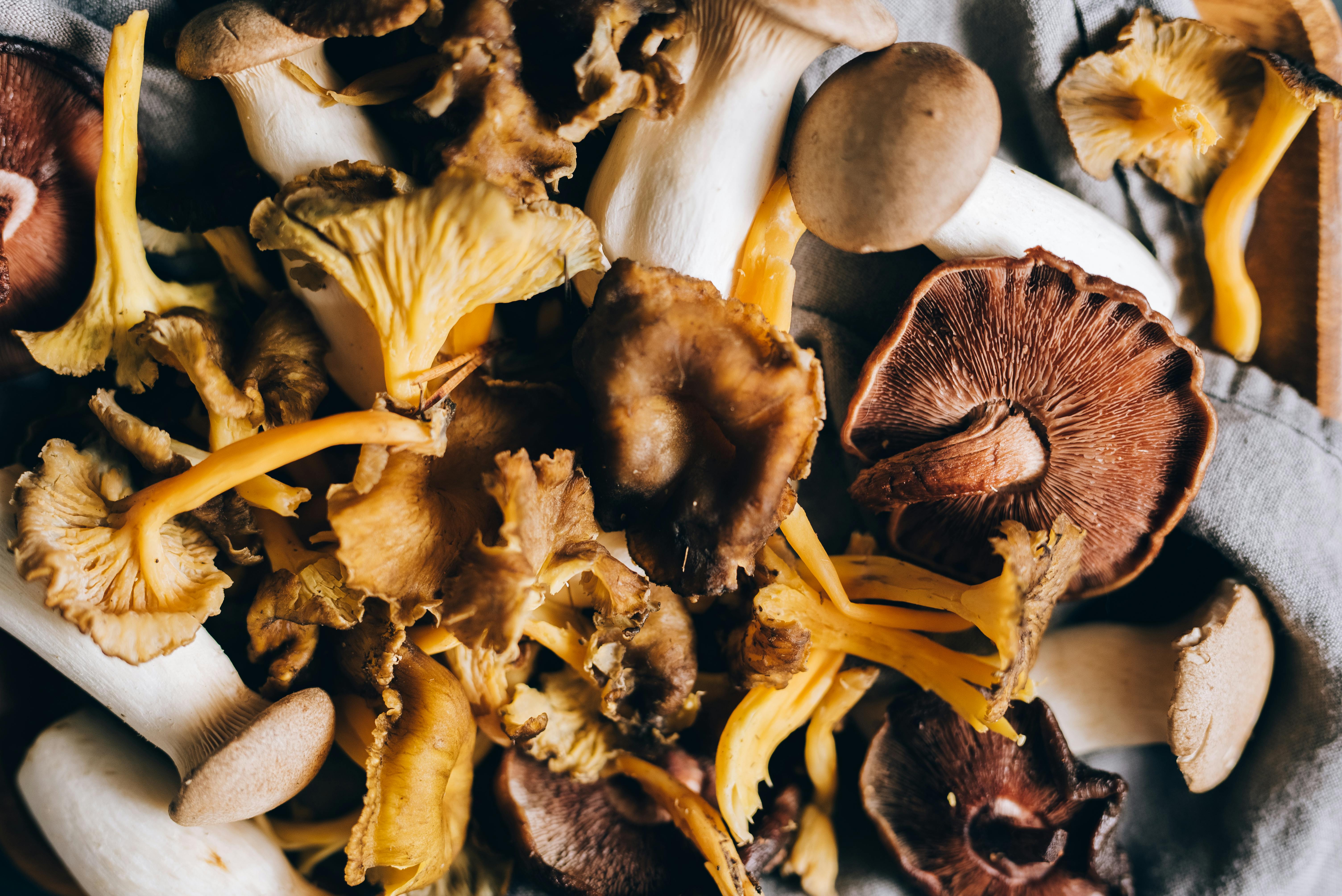
Beyond being a great source of minerals, specific medicinal mushrooms like Reishi, Shiitake, and Maitake contain beta-glucans, unique polysaccharides that modulate the immune system. They work not by broadly suppressing the immune system, but by helping it operate more efficiently—a process called immunomodulation. This helps the body turn down unnecessary chronic inflammatory responses while keeping immune defenses intact. Incorporating a small serving of these mushrooms into stir-fries or consuming them as concentrated extracts is an advanced, evidence-backed strategy to balance and calm the body's overactive inflammatory pathways.
24. Watercress

Often overlooked in favor of kale or spinach, watercress is a mineral-rich cruciferous green that packs a massive anti-inflammatory punch. Its high concentration of compounds like phenylethyl isothiocyanate (PEITC) has been shown in studies to inhibit inflammatory enzymes and directly counter DNA damage caused by oxidative stress. Watercress is particularly beneficial for muscle and joint health due to its nutrient density. Try blending it into pestos, layering it into sandwiches, or adding it raw to salads. This peppery green offers a fresh, potent, and delicious way to load up on daily, targeted inflammation-fighters.
25. Cloves and Cinnamon (Glycemic Control)

While these are primarily spices, cloves and cinnamon offer a unique anti-inflammatory benefit by directly helping to stabilize blood sugar. Chronic, high blood glucose causes a process called glycation, which is a major driver of systemic inflammation and tissue damage. Cinnamon, in particular, has been shown to improve insulin sensitivity, helping cells absorb sugar more efficiently. Using a pinch of ground cloves or cinnamon in your coffee, oatmeal, or baking is a simple, aromatic habit that helps prevent the metabolic stress and resulting inflammatory cascade caused by sugar spikes, keeping your entire system calmer.
26. Saffron: The Brain and Mood Modulator
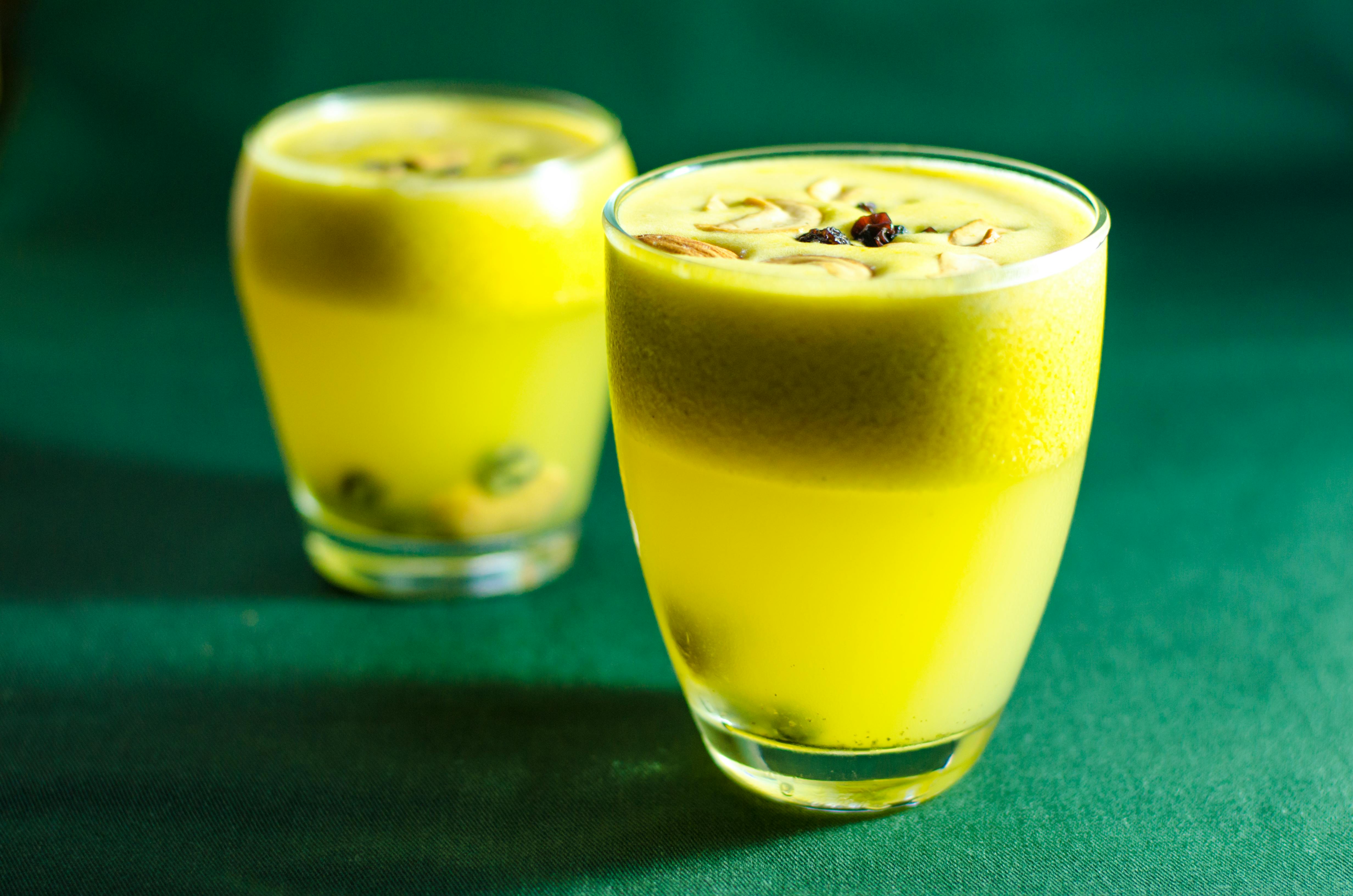
Saffron is the world's most expensive spice, but its powerful compounds, crocin and safranal, deliver unique anti-inflammatory benefits that extend beyond the body into the mind. Inflammation is strongly implicated in mood disorders like anxiety and depression. Saffron has been shown in clinical trials to help elevate mood and combat mental fog by protecting brain cells from oxidative damage and regulating inflammatory signaling in the central nervous system. Using just a few threads of saffron in rice, soup, or as a brewed tea a few times a week provides a potent, concentrated source of antioxidants that target the nervous system, offering a gentle yet powerful boost to emotional stability and overall vitality.
27. Shiitake Mushrooms (Lentinans for Cellular Defense)
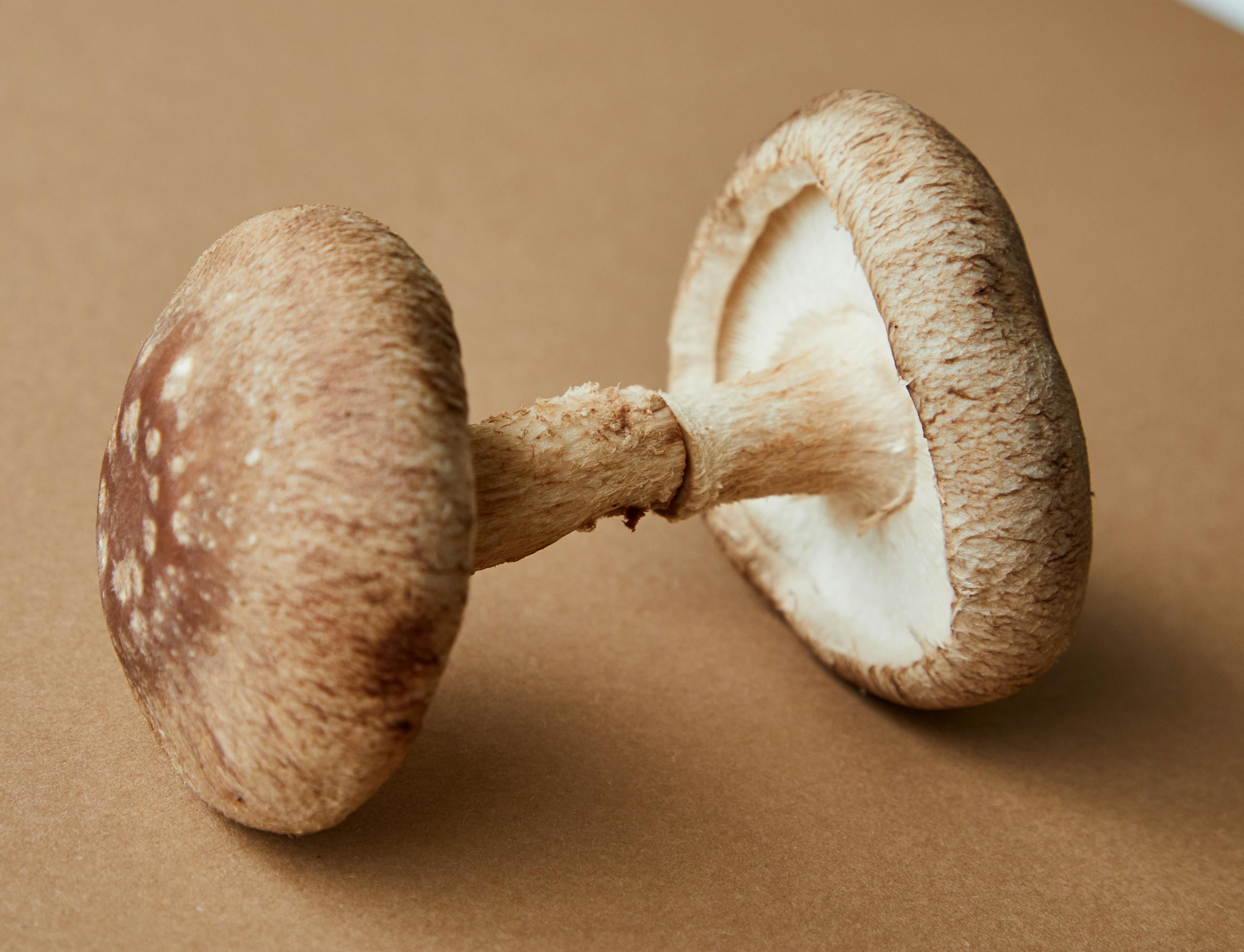
While functional mushrooms are mentioned, Shiitake mushrooms specifically contain a unique polysaccharide called Lentinan. Unlike the general beta-glucans in other varieties, Lentinan has been extensively studied for its ability to enhance the body's immune surveillance—meaning it helps the body identify and resolve issues without triggering a harmful, widespread inflammatory flare-up. Shiitake also offers a savory source of B vitamins and copper, nutrients that are vital for cellular energy and repair. Incorporate both fresh and dried shiitake mushrooms into broths and stir-fries for their deep umami flavor and their targeted, cellular-level defense against chronic inflammation.
28. Ginger Root (The COX and LOX Dual Inhibitor)
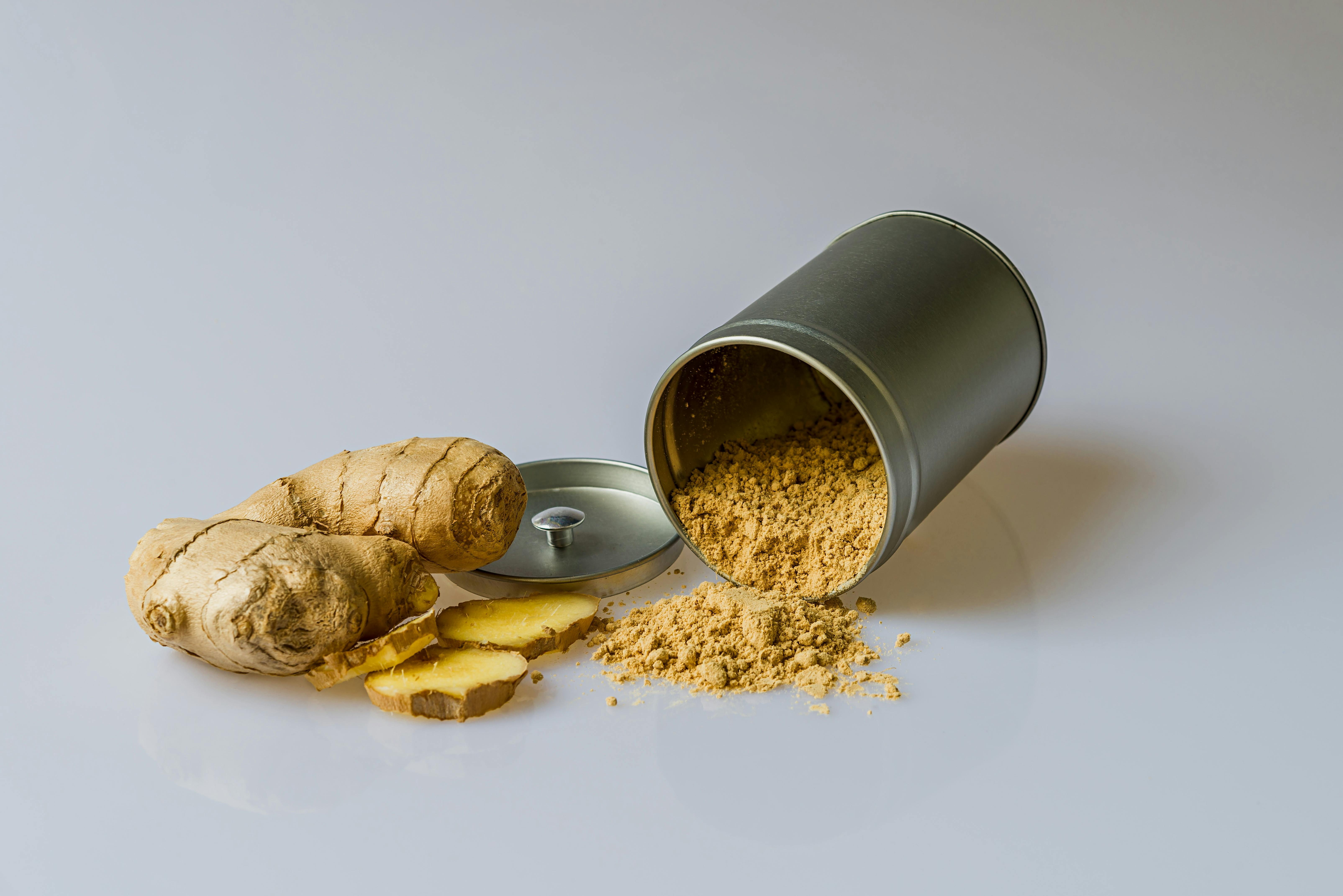
Ginger is a classic, but its power lies in its dual-action mechanism that goes beyond simple soothing. The active compounds, gingerols and shogaols, are unique in their ability to inhibit both the COX and LOX inflammatory pathways in the body—the same targets of many prescription and over-the-counter anti-inflammatory drugs. This simultaneous attack makes ginger exceptionally effective at easing joint pain and muscle soreness. Unlike general anti-inflammatories, ginger also actively supports gut motility, helping to clear toxins and waste that can otherwise fuel systemic inflammation. Enjoy it steeped in hot water, grated fresh into dressings, or crystallized (in moderation).
29. Cacao Nibs (Pure Alkaloid and Flavanol Concentration)
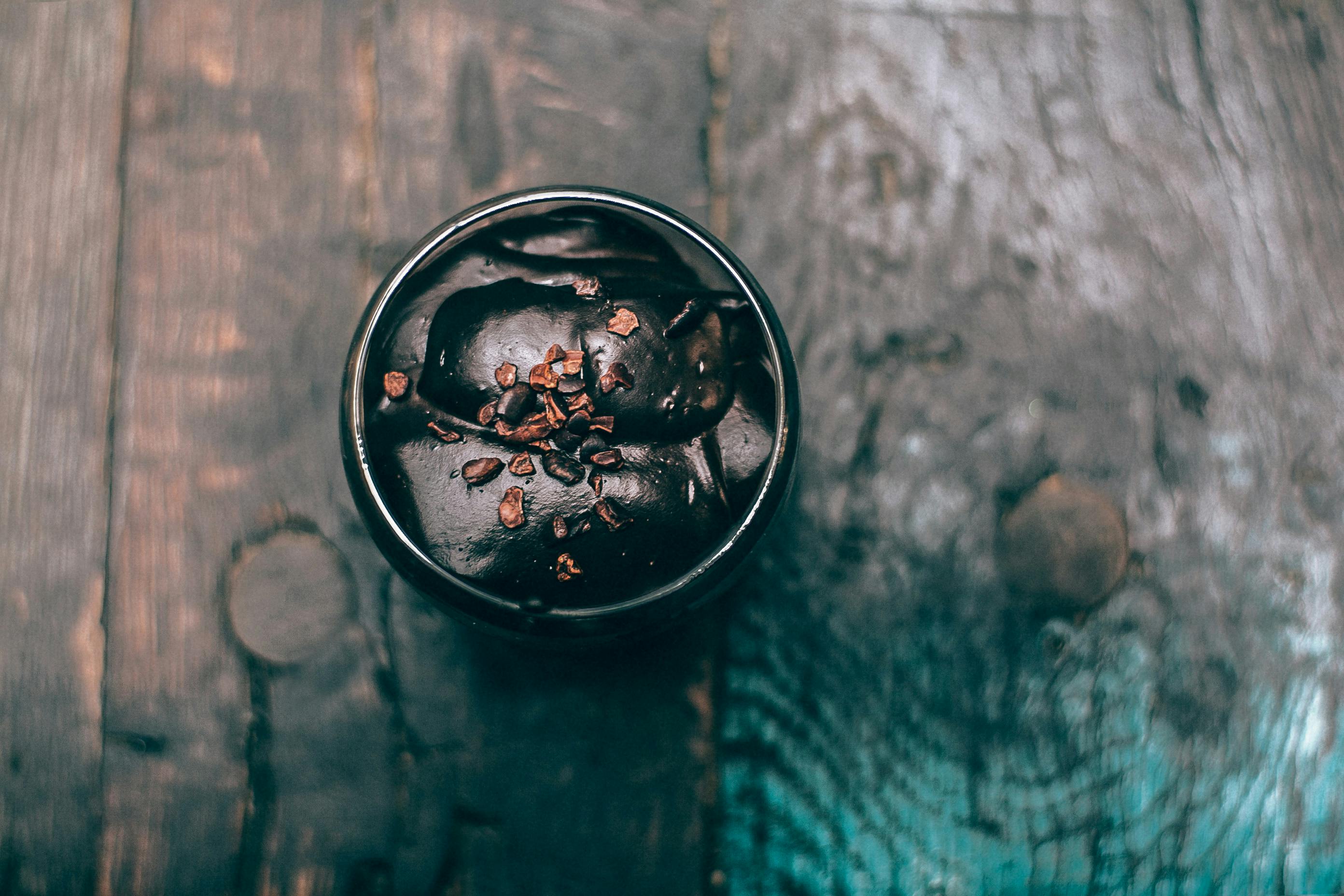
Skip the dark chocolate bar and go straight for the pure, unsweetened cacao nibs. These are fermented, dried, and crushed cocoa beans that offer the most concentrated dose of anti-inflammatory flavanols and beneficial alkaloids (like theobromine). Flavanols are powerful antioxidants that protect endothelial cells lining the blood vessels from oxidative stress, helping to keep your arteries flexible and calm. The bitterness acts as a natural signal to reduce sugar cravings, avoiding the metabolic stress that drives inflammation. Sprinkle raw nibs on oatmeal, yogurt, or use them in baking for a crunch that delivers maximum cellular protection with minimal glycemic impact.
30. Horsetail Tea (Silica for Connective Tissue Repair)

Horsetail is a unique addition because it targets inflammation through structural repair, not just antioxidant action. This herb is one of the richest known natural sources of Silica (or silicon), a crucial trace element essential for the body to synthesize and maintain collagen and elastin. These proteins form the flexible, structural framework for all connective tissues, including joints, skin, and cartilage. When silica is deficient, the tissue becomes weaker and more prone to inflammatory breakdown. Brewing Horsetail as a daily tea supports the body's natural capacity to rebuild and stabilize the tissues that, when damaged, signal chronic inflammation.
31. Black Sesame Seeds: Lignan and Vitamin E Synergy
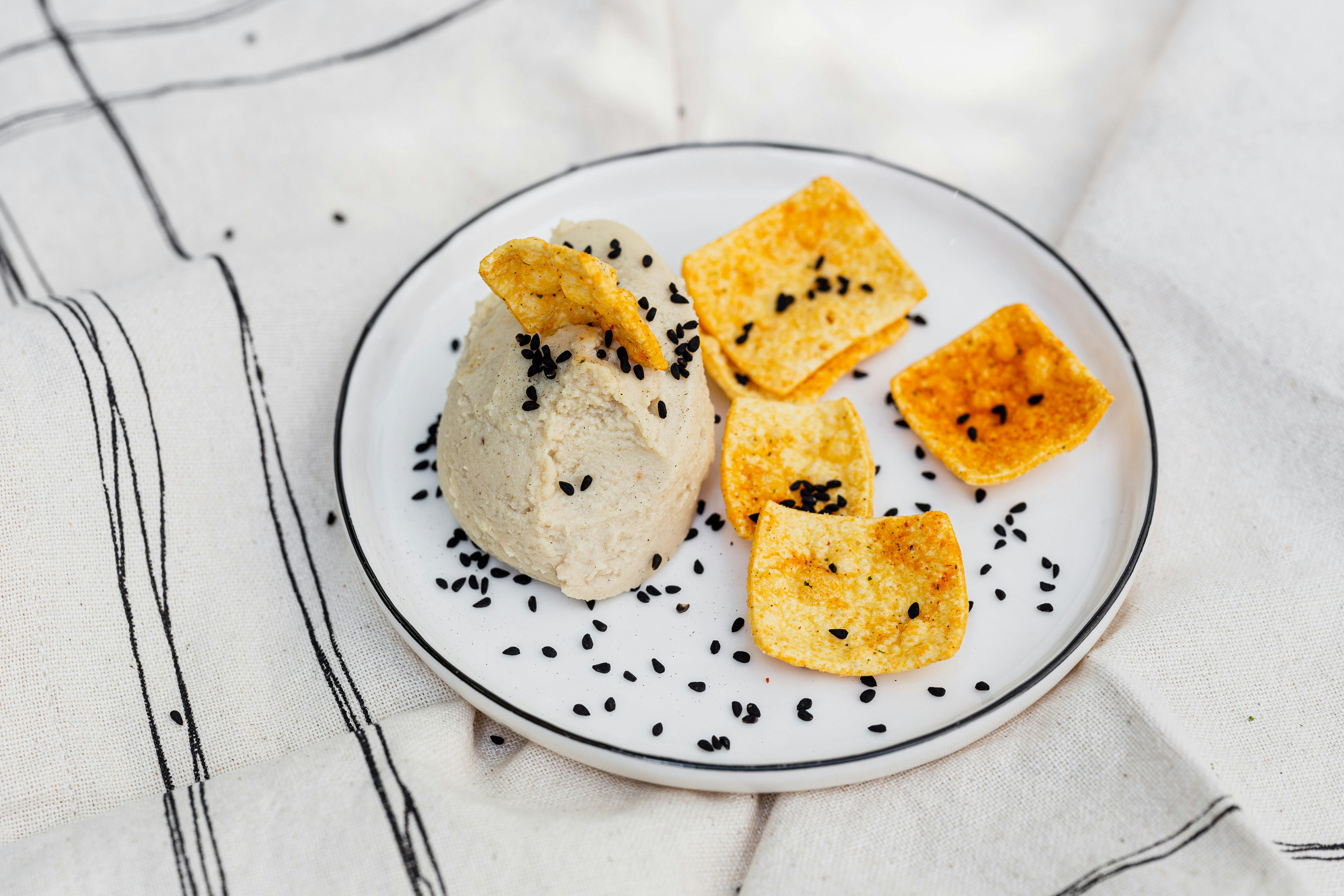
Black sesame seeds are unique not just for their color, but for their concentrated anti-inflammatory power derived from sesamin and sesamolin (types of lignans) paired with Vitamin E. These compounds actively disrupt the production of several pro-inflammatory mediators, acting as a potent shield against oxidative damage to cellular membranes. Historically used in traditional medicine for joint and liver support, grinding or soaking the seeds is key to releasing their nutrients. Sprinkle ground seeds over salads, stir them into stir-fries, or enjoy them as a tahini spread for a rich, nutty flavor that quietly reinforces your cellular defenses.
32. Shiso (Perilla) Leaves: Rosmarinic Acid Powerhouse
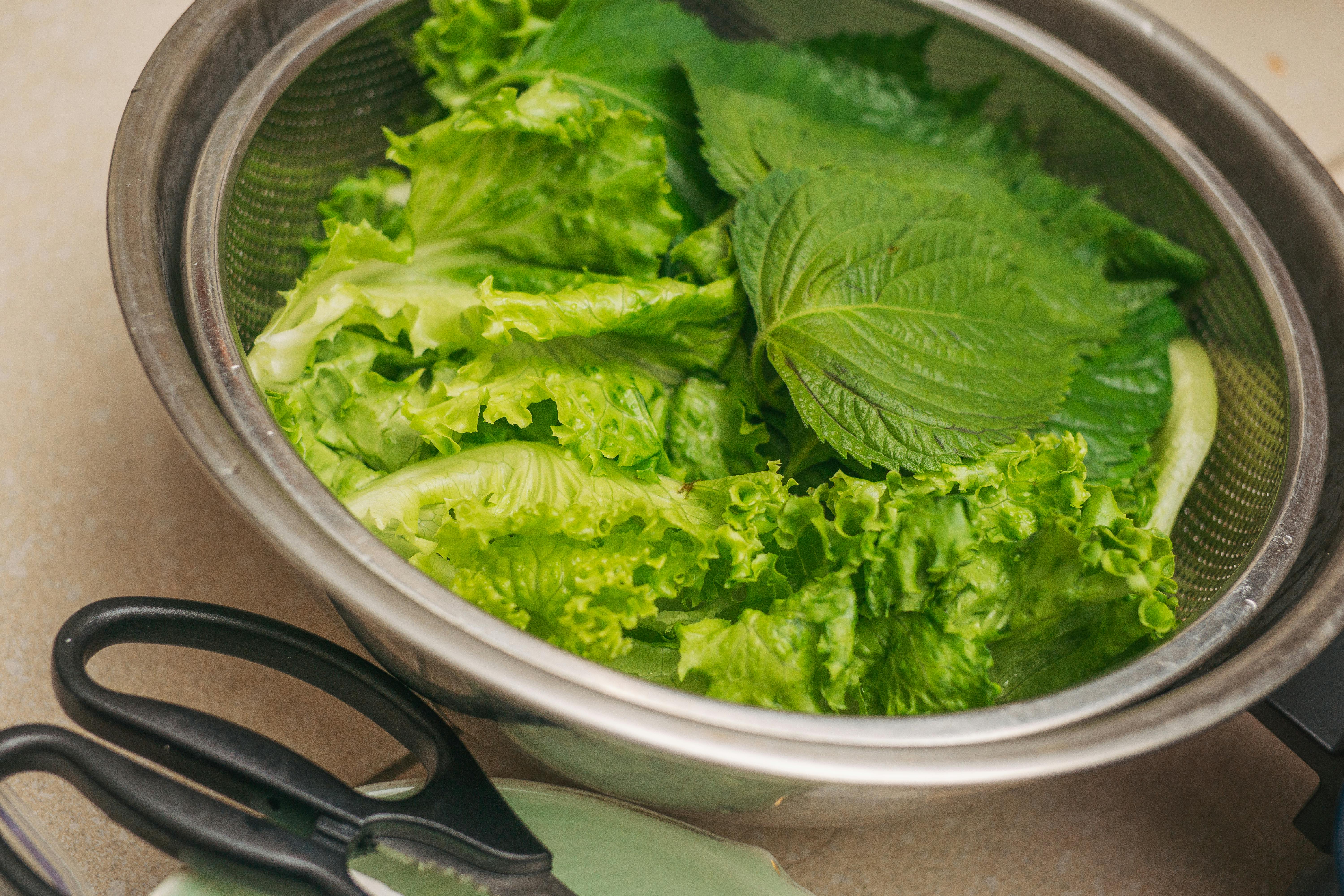
Shiso, a fragrant herb popular in Asian cuisine, is one of the most concentrated sources of rosmarinic acid, an extremely powerful polyphenol. Rosmarinic acid has been shown to strongly inhibit the production of leukotrienes, compounds that trigger inflammatory responses, particularly in the lungs and sinuses (often associated with allergies and asthma). This makes shiso a targeted anti-inflammatory food for respiratory and seasonal issues. Add fresh shiso leaves to salads, use them to wrap small bites of food, or muddle them into cold beverages for a refreshing, minty-basil flavor that offers immediate, targeted relief from airborne irritation.
33. Buckwheat: Rutin and Bioflavonoid Defense
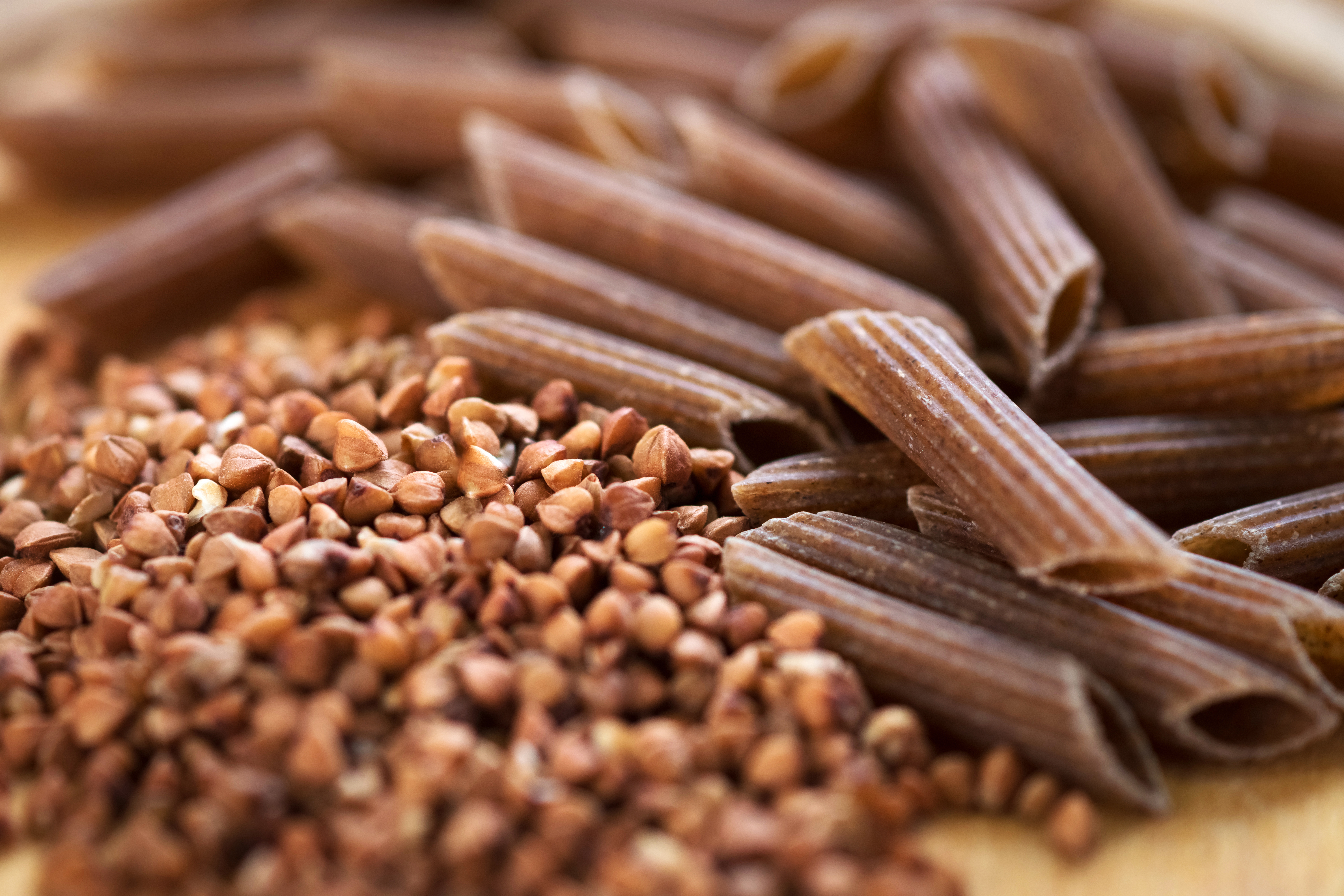
Buckwheat is a gluten-free pseudo-grain that offers a unique defense against inflammation due to its high concentration of the flavonoid Rutin. Rutin works by stabilizing and strengthening the walls of your capillaries and blood vessels, preventing leakage and subsequent fluid accumulation in tissues—a key mechanism in reducing systemic inflammation and swelling. Additionally, buckwheat is rich in fiber and minerals like Magnesium, which further supports metabolic balance. Swap regular flour for buckwheat flour in pancakes or use toasted buckwheat groats (kasha) as a porridge or pilaf base for a warm, comforting source of vascular and cellular protection.
34. Dried Herbs (Thyme, Oregano, Rosemary): Essential Oil Concentration
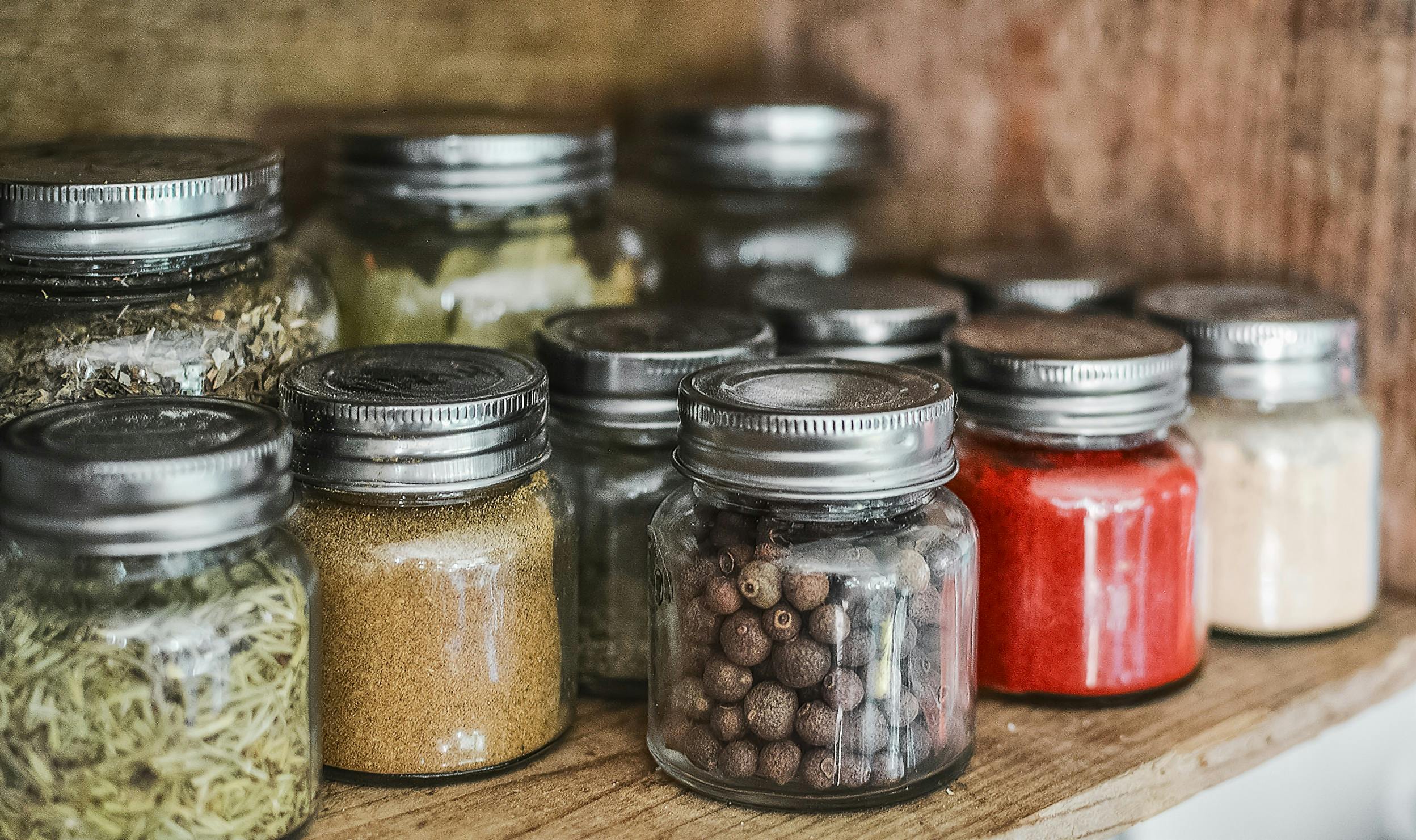
While individual spices are mentioned, incorporating concentrated dried culinary herbs like thyme, oregano, and rosemary offers a dense, year-round source of anti-inflammatory essential oils. These herbs contain high levels of phenolic compounds like thymol, carvacrol, and carnosol, which retain potent anti-inflammatory and microbial-balancing properties even when dried. Regularly cooking with these herbs (e.g., in soups, rubs, or on roasted vegetables) provides a consistent, low-effort method to introduce high-dose anti-inflammatory compounds into your diet, supporting gut health and reducing the overall burden on the immune system.
35. Kombucha (Raw, Low-Sugar): Organic Acid Modulator

Raw, low-sugar kombucha (fermented tea) is a beneficial addition that works via its organic acid content, specifically acetic acid and glucuronic acid. While it contains probiotics, the organic acids act as metabolic modulators, improving the efficiency of the liver's detoxification processes and helping to balance blood sugar. A healthy liver and stable metabolism are crucial for reducing systemic inflammation. Choosing a raw, low-sugar kombucha provides a refreshing beverage that enhances gut function and liver performance, indirectly turning down the body's inflammatory signaling.
36. Hemp Seeds: GLA and Ideal Omega Ratio
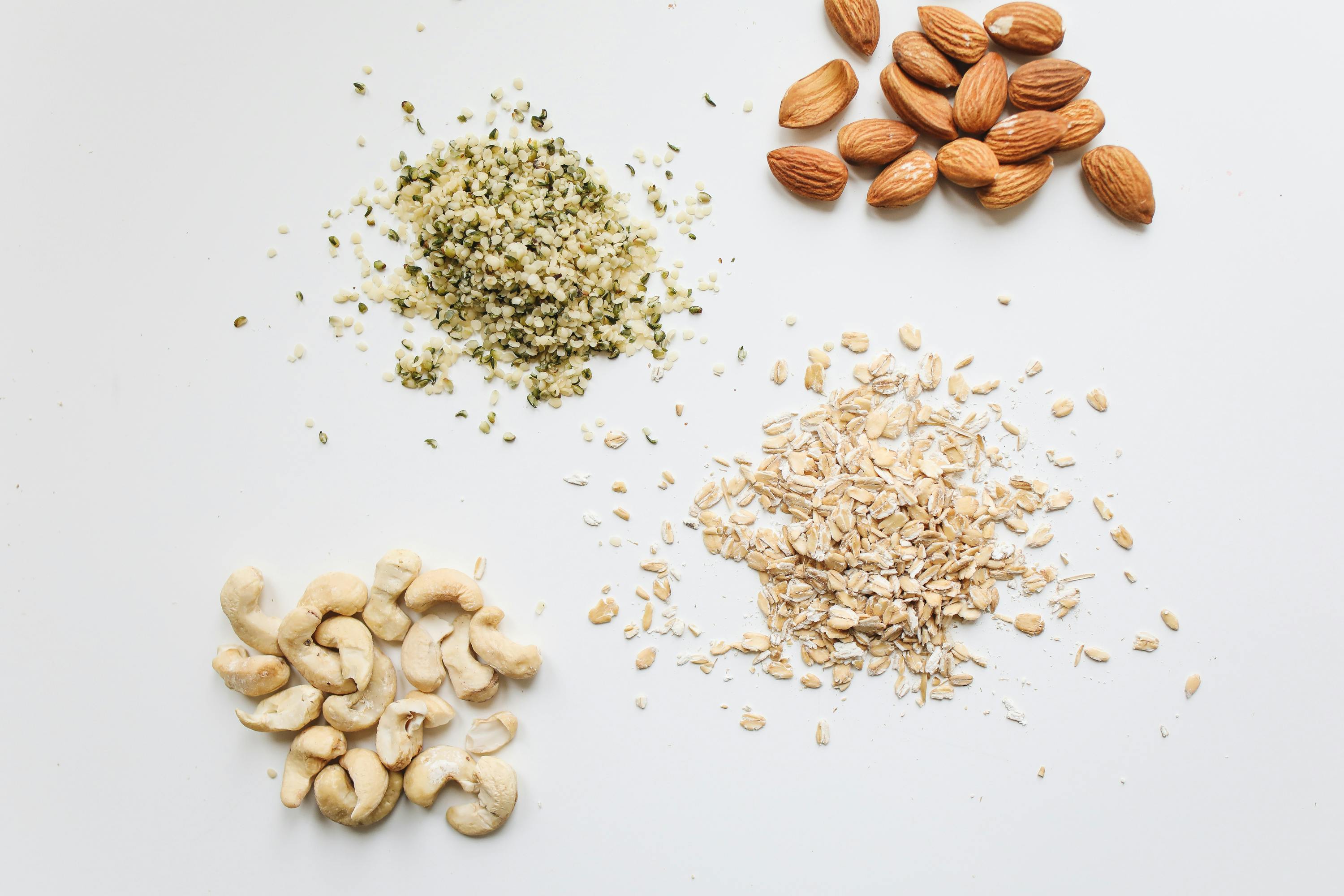
Hemp seeds offer a unique fat profile that delivers exceptional anti-inflammatory benefits. They contain the omega−3 ALA, but also a specific omega−6 called Gamma-Linolenic Acid (GLA). GLA is exceptional because, unlike most omega−6 fats, it is metabolized into a compound that acts as a potent anti-inflammatory agent, actively supporting joint and skin health. This helps correct the inflammatory omega imbalance common in modern diets. Sprinkle raw hemp seeds on salads, blend into smoothies, or use hemp oil—they are a simple, nut-free way to fortify your body with this rare, joint-soothing fatty acid.
37. Oyster Mushrooms: Ergothioneine and Beta-Glucan
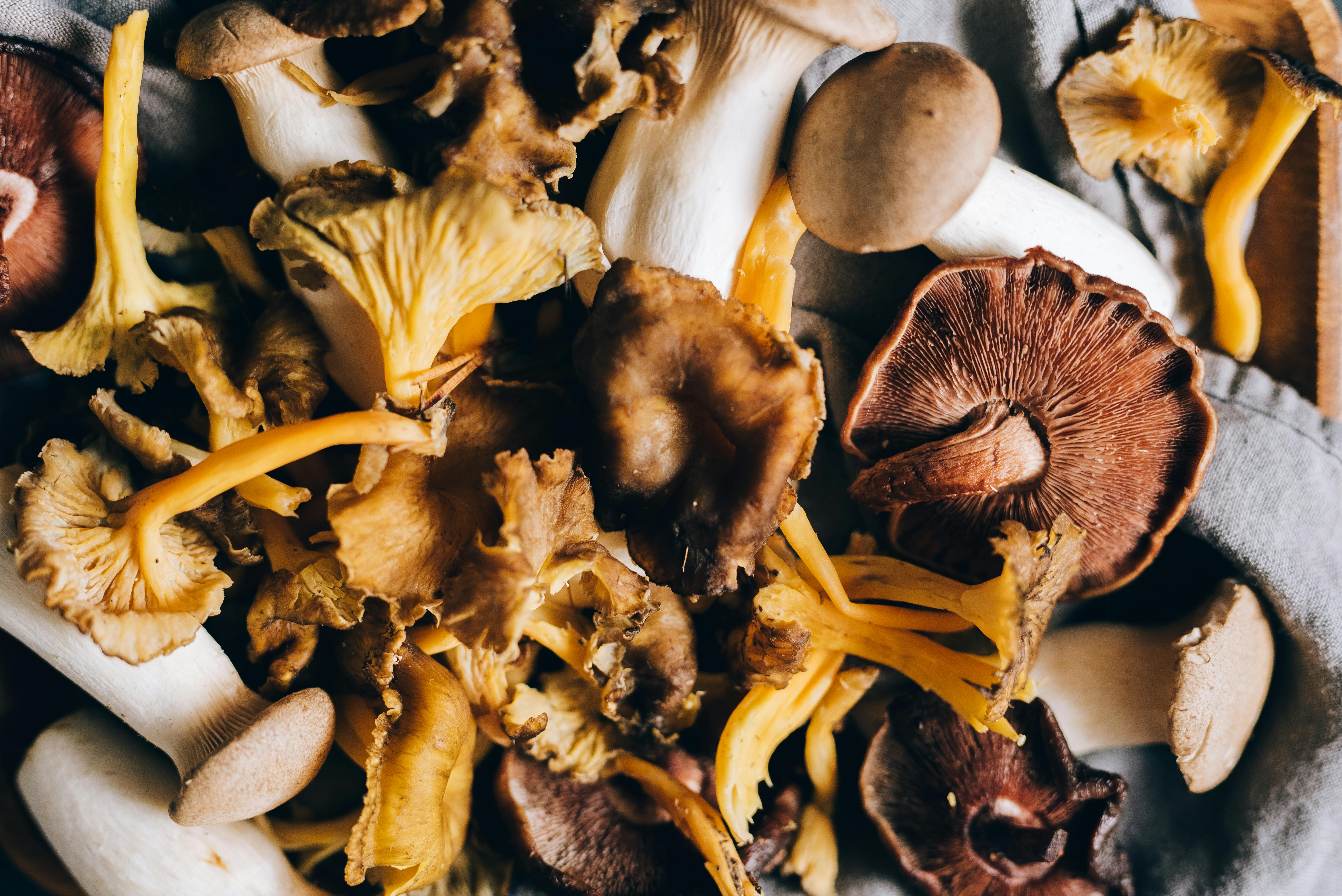
Oyster mushrooms are an overlooked culinary fungus providing a synergistic defense. They offer Beta-glucans (for immune modulation) and high levels of Ergothioneine. Ergothioneine is a unique, sulfur-containing antioxidant that the body actively transports into cells and mitochondria, specifically protecting these energy centers from the oxidative stress and damage that ignites inflammation. This targeted delivery system makes Oyster mushrooms an exceptional, accessible food for long-term cellular resilience. Sauté them lightly with olive oil and garlic, or add them to soups for an umami-rich, protective meal component.
38. Guava: Quercetin and Vitamin C in High Fiber
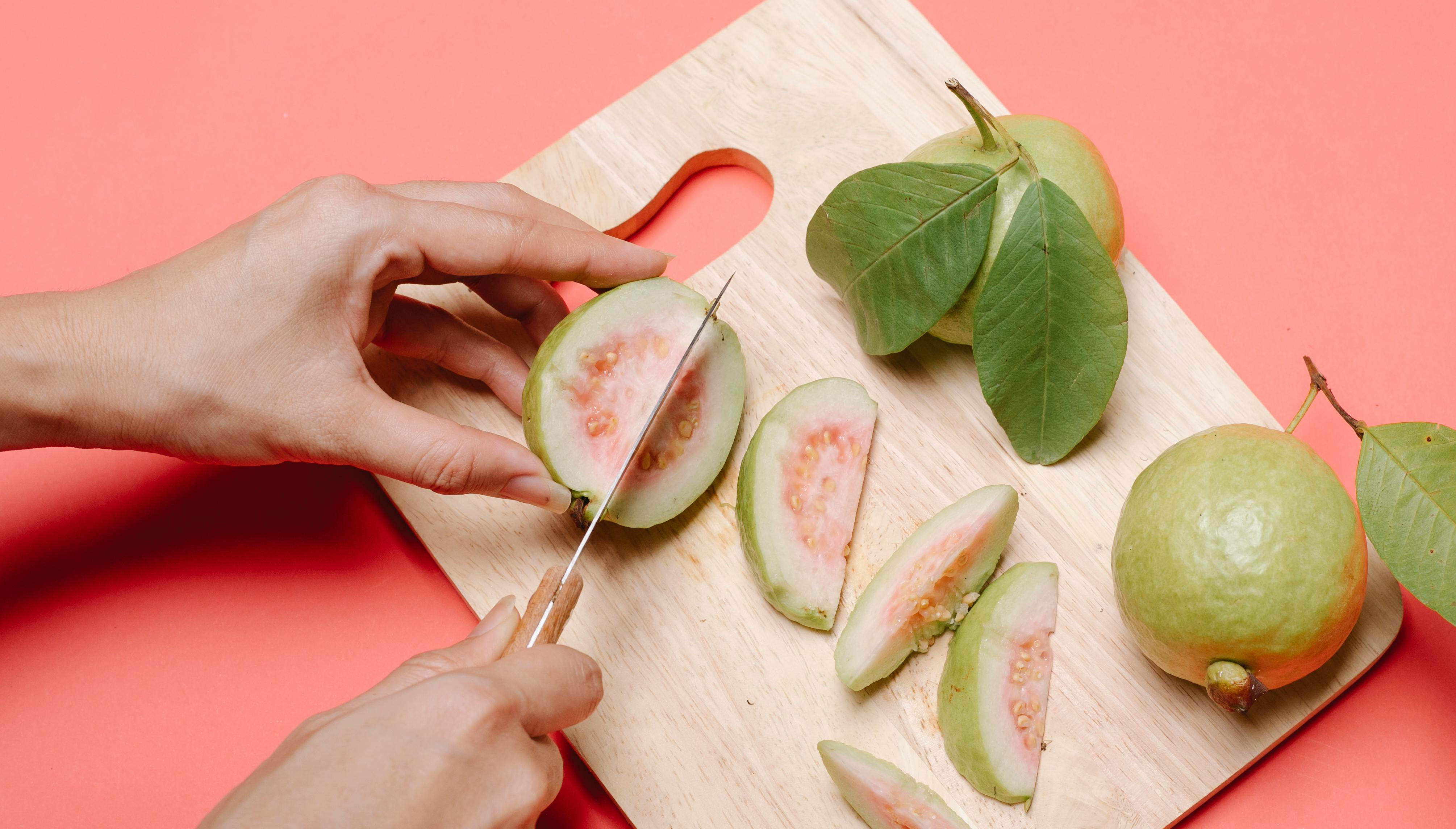
Guava is a tropical fruit that delivers a powerful, unique defense because it can be consumed whole (skin and all), maximizing its structural and chemical benefits. It is one of the best food sources of Vitamin C and is rich in the flavonoid Quercetin. This high-fiber, low-acidity structure ensures the Quercetin and Vitamin C are released slowly, maximizing their ability to quench free radicals and stabilize mast cells, thereby reducing histamine-driven inflammation. Eating fresh guava provides a slow-release, triple-action defense system that supports gut balance and reduces systemic inflammatory flares.
39. Kelp and Wakame Seaweed: Fucoxanthin and Alginate
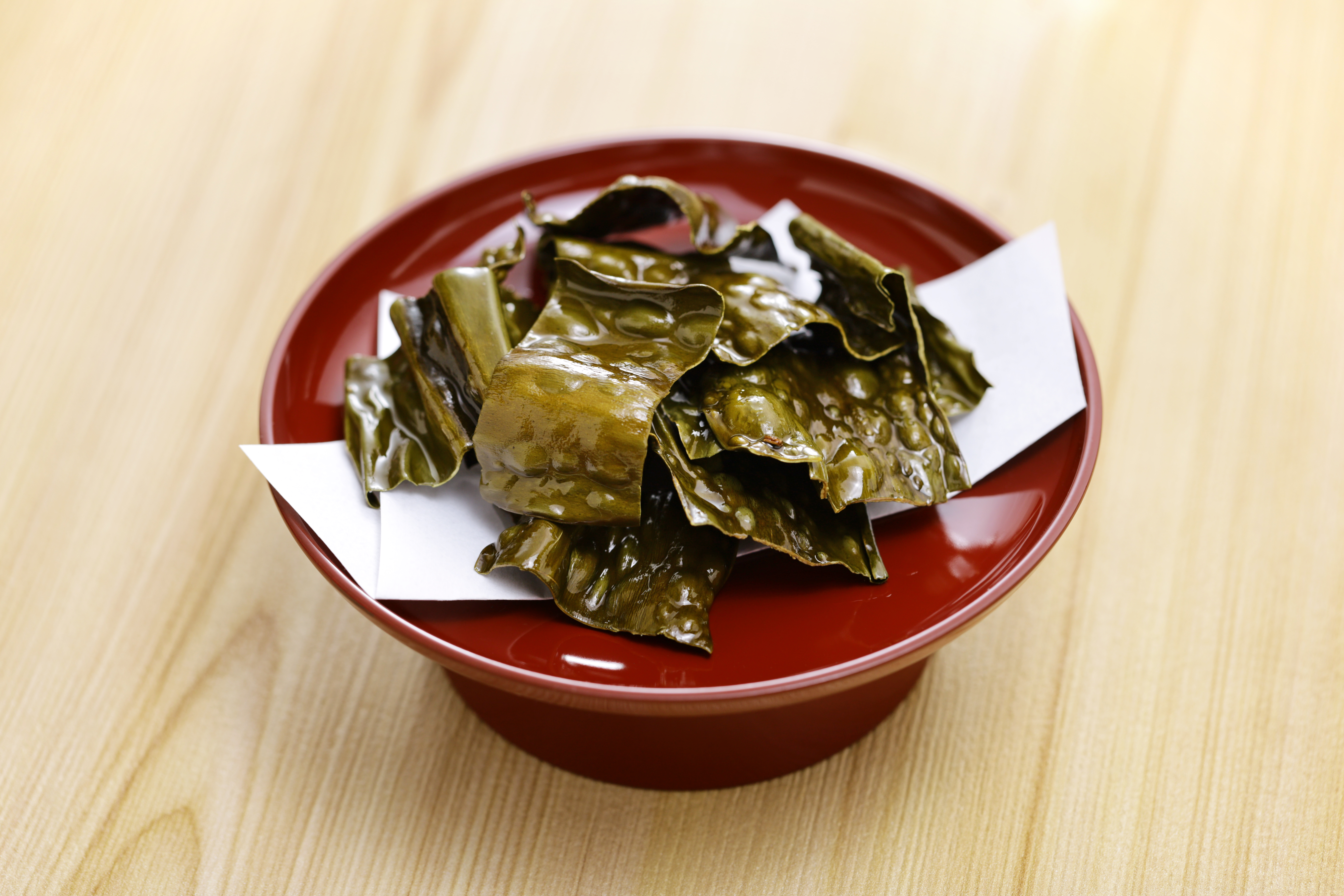
These brown seaweeds are nutritional powerhouses that offer unique anti-inflammatory compounds. They contain Fucoxanthin, a powerful carotenoid that specifically targets and reduces fat-tissue inflammation, which is a major driver of chronic metabolic disorders. They also provide alginate (soluble fiber), which supports gut health and mineral balance (like Iodine, crucial for thyroid health). Incorporating dried kelp into broths, adding Wakame to miso soup, or eating roasted nori sheets is a savory way to bring the sea's targeted anti-inflammatory compounds to your diet.
40. Sustainably Sourced Mackerel: CoQ10 and DHA Synergy

While fatty fish is covered, Mackerel is a particularly potent, sustainable source. Beyond its high DHA/EPA content, Mackerel delivers high levels of Coenzyme Q10 (CoQ10), an antioxidant crucial for energy production in the heart and for protecting cell membranes. CoQ10 and DHA work synergistically: the DHA cools inflammation, and the CoQ10 shields the heart and brain cells from the oxidative stress that inflammation causes. Eating sustainable, wild-caught Mackerel provides a dense, affordable combination of these two critical anti-inflammatory protectors.
41. Sumac (Powdered Spice) — The Gallic Acid Astringent
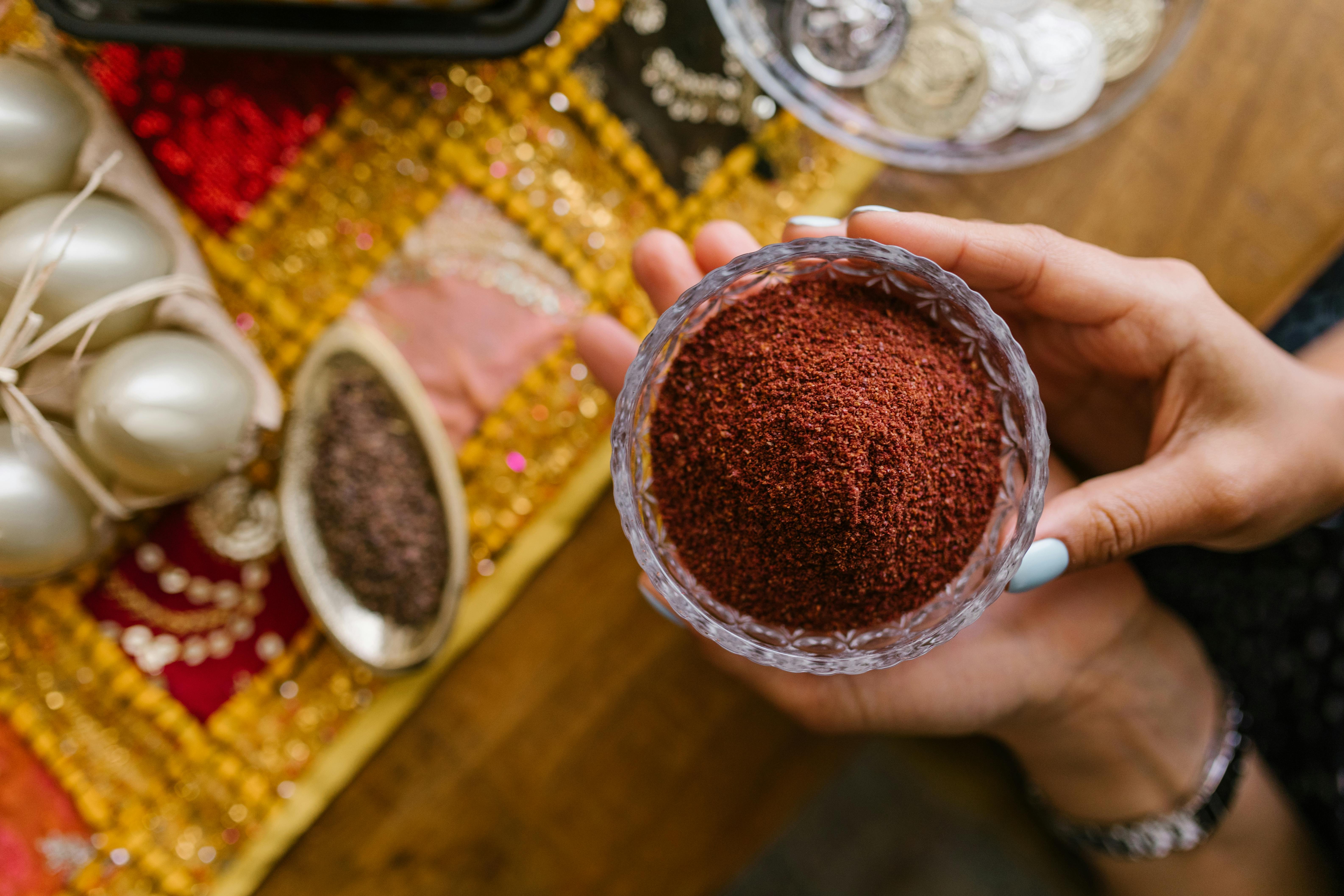
Sumac is a tangy, deep-red spice popular in Middle Eastern cuisine that offers a potent anti-inflammatory action quite distinct from the antioxidants found in fruits. Its power comes from a high concentration of gallic acid and other robust tannins. These compounds are highly effective at inhibiting the formation of advanced glycation end-products (AGEs), which are major drivers of chronic inflammation and tissue aging (especially in the blood vessels). Sprinkle sumac on hummus, season roasted vegetables, or mix it into marinades. Its bright, acidic flavor is a delicious, subtle way to reinforce cellular defenses against damage caused by high blood sugar and oxidative stress.
42. Purslane — The Leafy-Green Omega-3 Source

Don't overlook purslane, an edible succulent plant often dismissed as a common weed. It is one of the very few vegetables that contains significant amounts of the anti-inflammatory omega-3 fatty acid, Alpha-Linolenic Acid (ALA), in its leaves. While it won't replace fish, combining ALA with purslane's high levels of Vitamin E and other antioxidants creates a formidable anti-inflammatory barrier. Its watery, slightly tangy leaves help to calm systemic inflammation while also providing hydration and gentle fiber. Use fresh purslane in salads, blend it into green smoothies, or simply add it to sandwiches for a unique, accessible, and potent burst of soothing nutrients.
43. Daikon Radish (Cooked/Fermented) — The Enzyme and Glucosinolate Catalyst
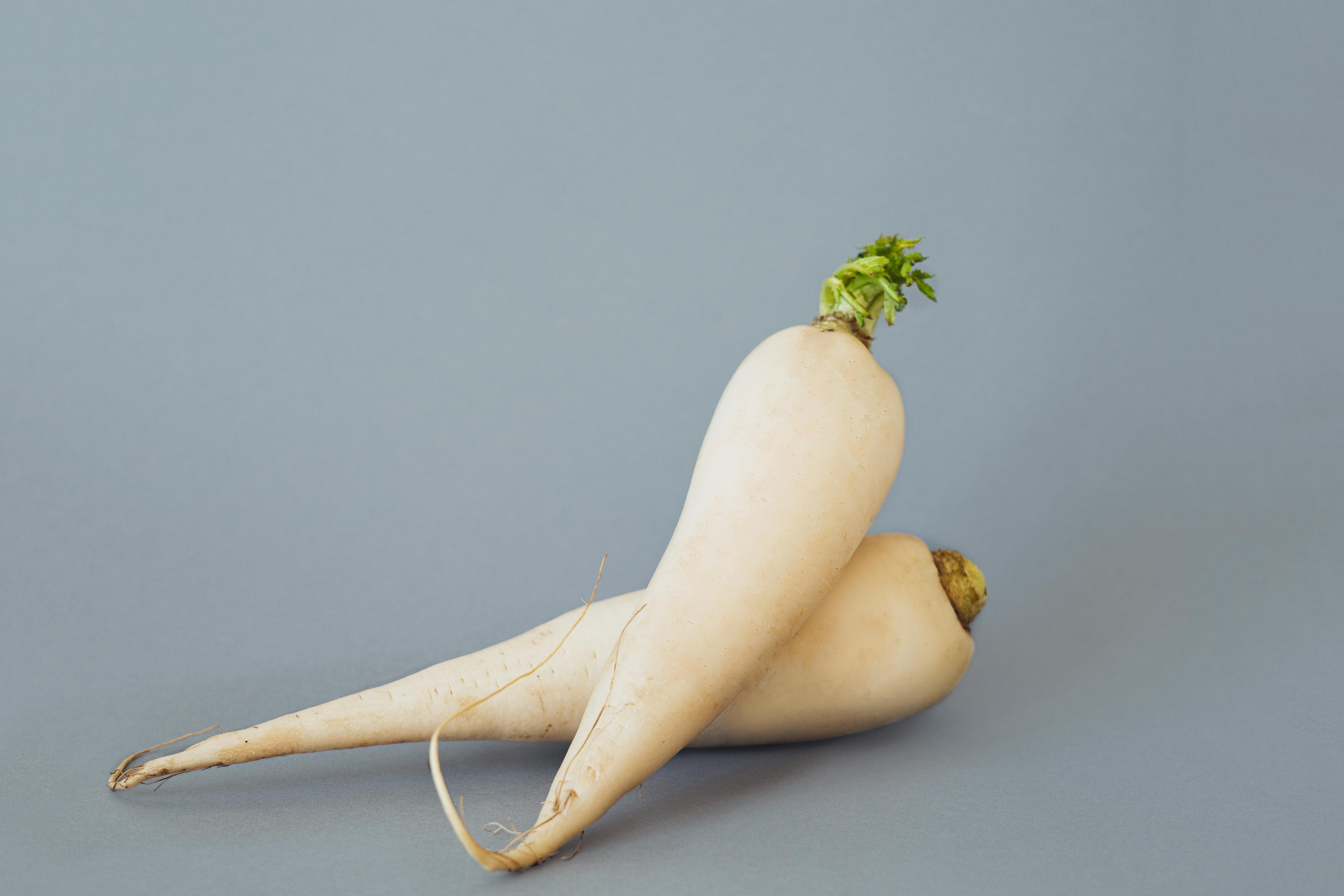
The long, white Daikon radish offers a dual anti-inflammatory action. First, it contains enzymes that aid digestion, reducing the gut stress that can trigger systemic inflammation. Second, as a cruciferous vegetable, it is rich in glucosinolates. When daikon is chewed or fermented (as in some forms of kimchi), these glucosinolates convert into potent anti-inflammatory and detoxifying compounds called isothiocyanates. These compounds actively help the liver clear out substances that would otherwise drive chronic inflammation. Enjoy it lightly cooked in stews or grated raw into slaws to harness this effective digestive and detoxification support.
44. Kimchi (Traditional Fermented Cabbage) — The Gut-Immune Modulator
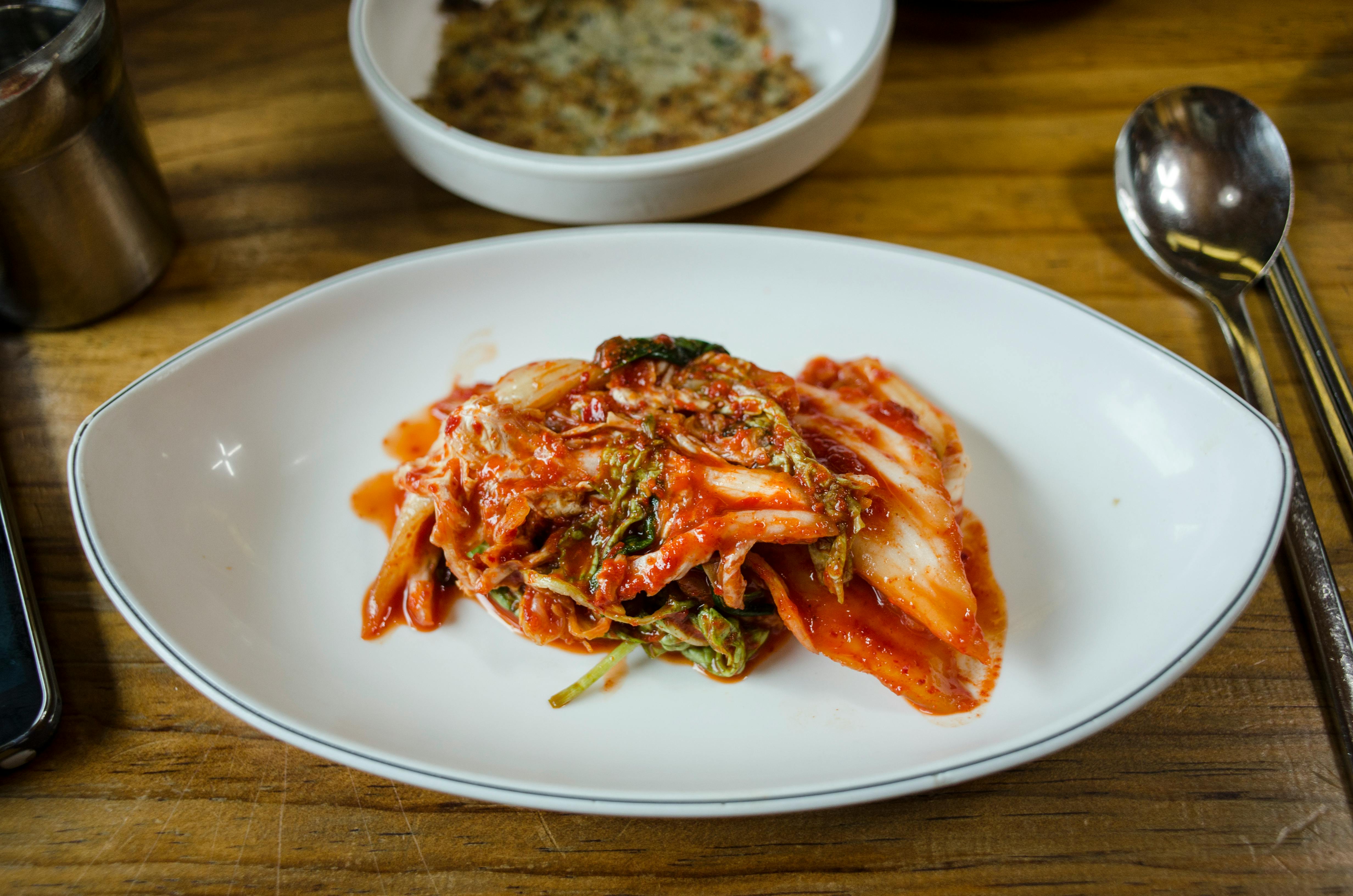
While sauerkraut is mentioned, traditional kimchi brings a more complex and potent anti-inflammatory profile. Its intense fermentation process produces an incredibly diverse range of probiotics and beneficial lactic acid bacteria that are superior for stabilizing the gut-immune axis. By fostering a balanced microbiome and a strong gut barrier, kimchi helps reduce the chronic, low-grade inflammation that originates in the digestive tract. Furthermore, its inclusion of garlic, ginger, and chili powder adds powerful, concentrated anti-inflammatory herbs. A small daily serving offers a flavorful, complex defense system that regulates immune signaling across the entire body.
45. Olives (The Polyphenol Oleuropein)
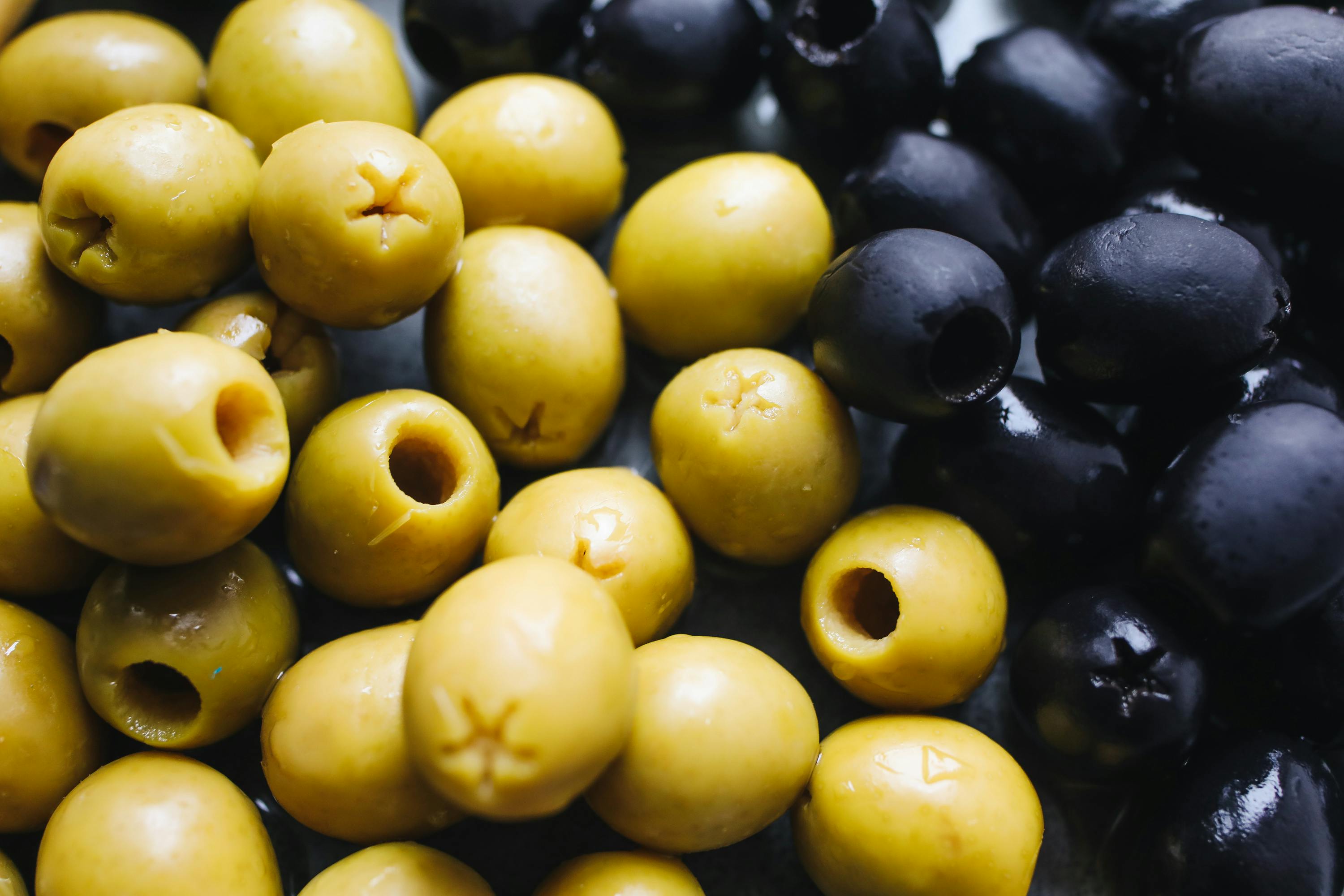
Olives are more than just a source of healthy fat; the fruit itself (especially the brine-cured variety) is exceptionally rich in the polyphenol Oleuropein. This compound is a powerhouse anti-inflammatory agent that has been shown to directly inhibit NF-kB (nuclear factor kappa-light-chain-enhancer of activated B cells), a protein complex that acts as the master switch for many inflammatory processes in the body. Oleuropein protects cells from damage and oxidation, supporting long-term vascular and joint health. Snack on a small handful of olives daily or use them liberally in salads to gain a concentrated dose of this vital, age-defying cellular protection.
46. Brazil Nuts — The Selenium Immune Governor
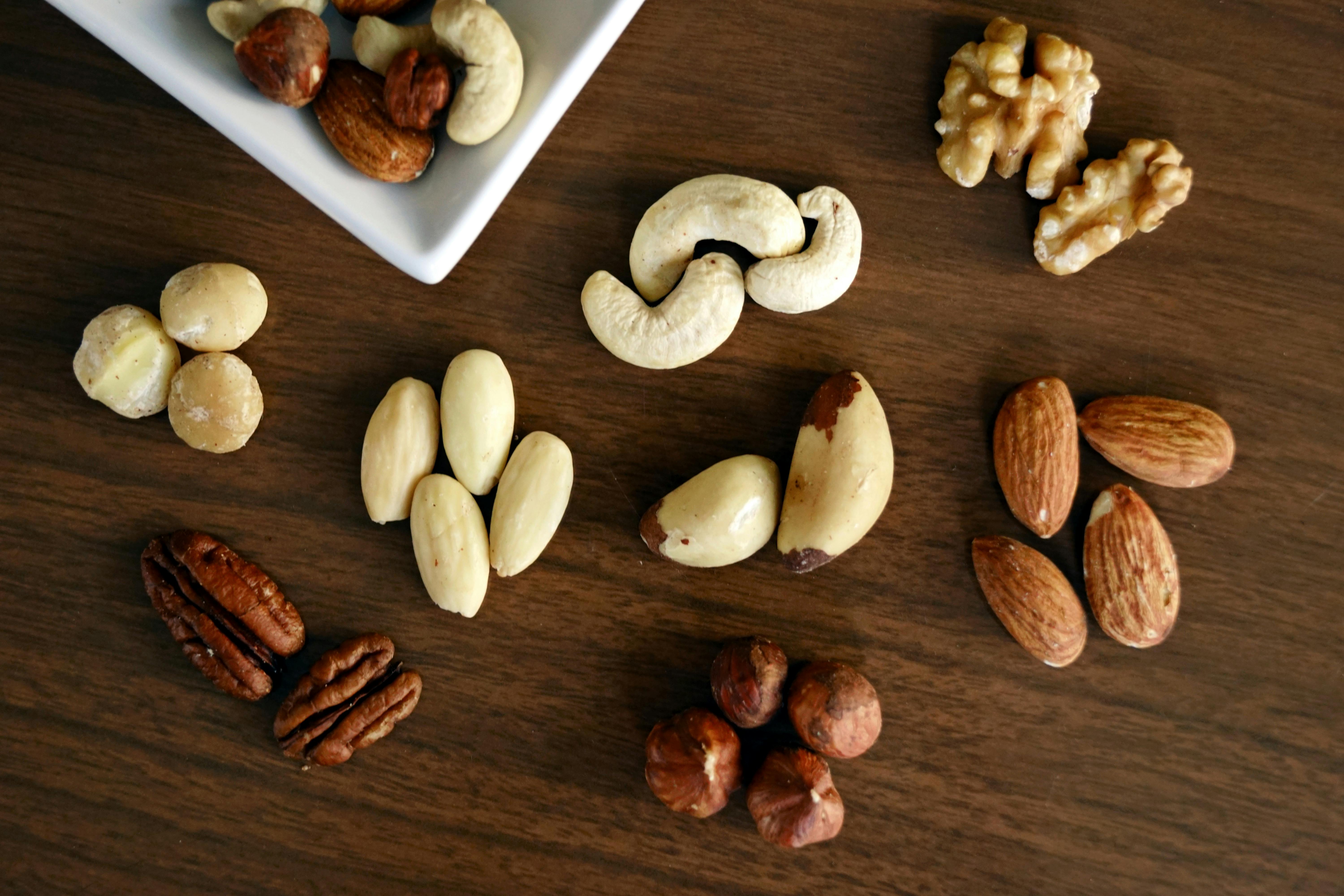
Brazil nuts offer a powerful, unique anti-inflammatory benefit centered around Selenium. This trace mineral is a critical component of several antioxidant enzymes, including glutathione peroxidase, which plays a massive role in regulating the immune system's inflammatory response. Consuming just one or two Brazil nuts daily provides the recommended intake of selenium. This small dose helps manage chronic systemic inflammation and supports thyroid function, which is often tied to immune balance. Note: due to selenium's potency, moderation is key; don't exceed two per day. This simple addition fortifies your body's master antioxidant defenses.
47. Papaya — The Dual-Action Enzyme and Carotenoid Soother
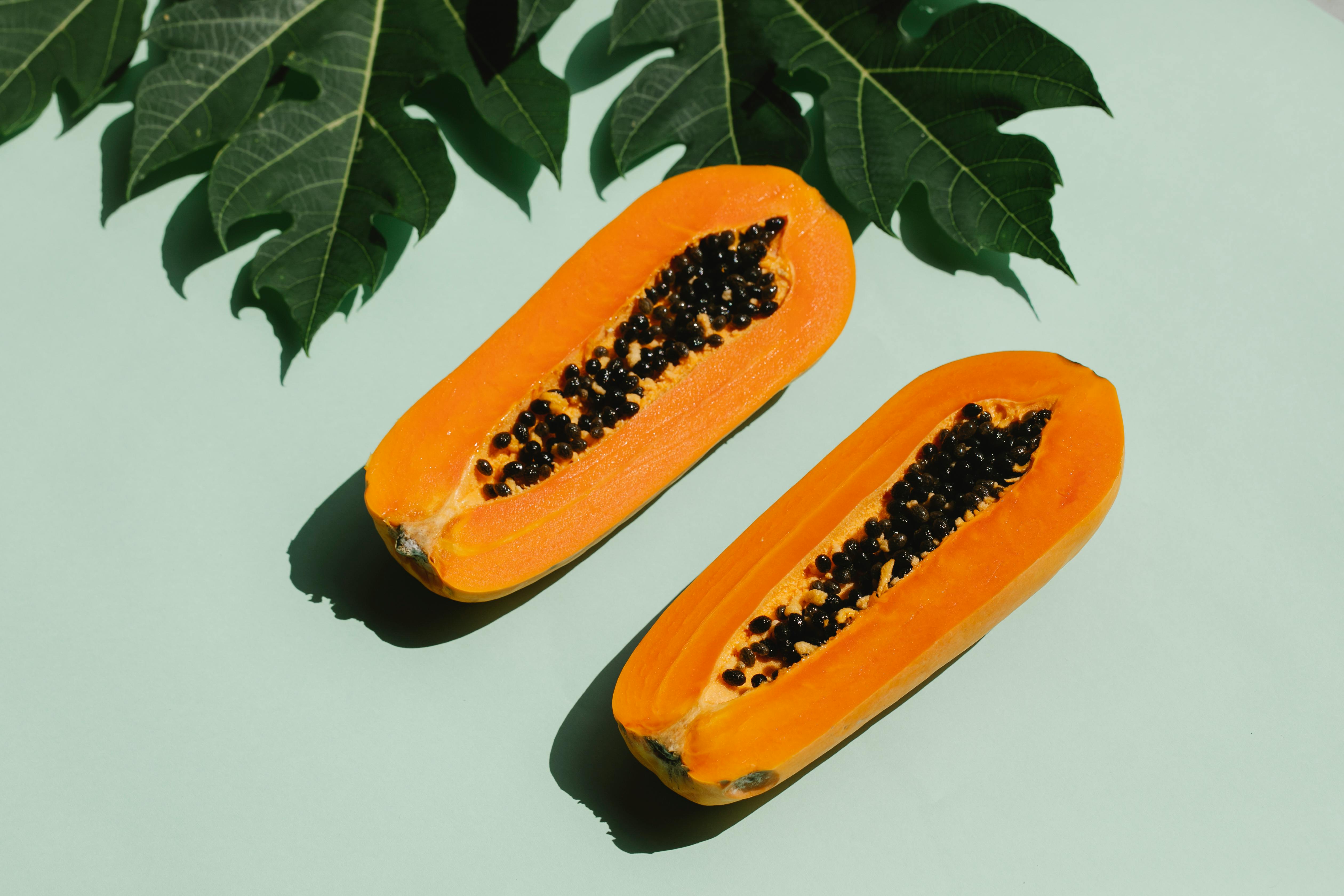
Papaya is a tropical fruit that fights inflammation on two fronts. First, it is rich in papain, a proteolytic enzyme that helps break down proteins, aiding digestion and reducing the metabolic stress that triggers systemic inflammation. Second, its vibrant color comes from beta-carotene and cryptoxanthin, powerful carotenoids that actively scavenge free radicals and dampen inflammatory signaling. Eating fresh papaya or adding it to smoothies assists your body in efficiently processing food while simultaneously delivering antioxidants that protect cells and tissues from inflammatory damage.
48. Fennel Bulb (Raw) — The Anethole and Vitamin C Vascular Relaxer
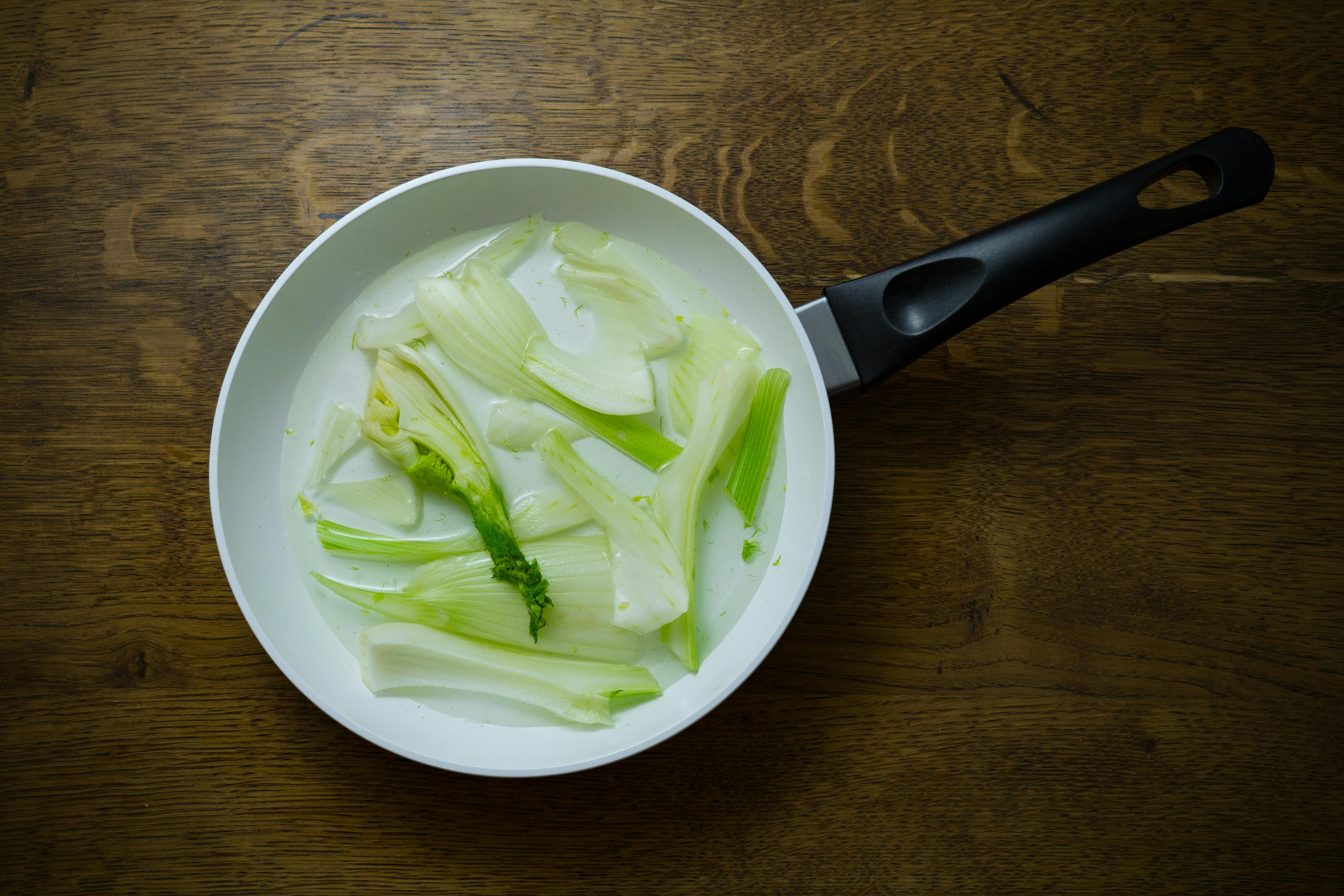
Raw fennel bulb offers a crisp, aromatic addition that supports the vascular system's role in inflammation control. It contains the volatile oil anethole, a compound that has been shown to exhibit anti-inflammatory properties and gently relax the digestive tract. Crucially, fennel provides Vitamin C and Quercetin, which help maintain the health and flexibility of blood vessel walls. Improved vascular function ensures optimal circulation, reducing the pooling of inflammatory markers. Slice it thin for salads or serve it raw with citrus to maximize the benefit of its volatile oils and crisp texture.
49. Capers — The Rutin and Quercetin Capillary Protector
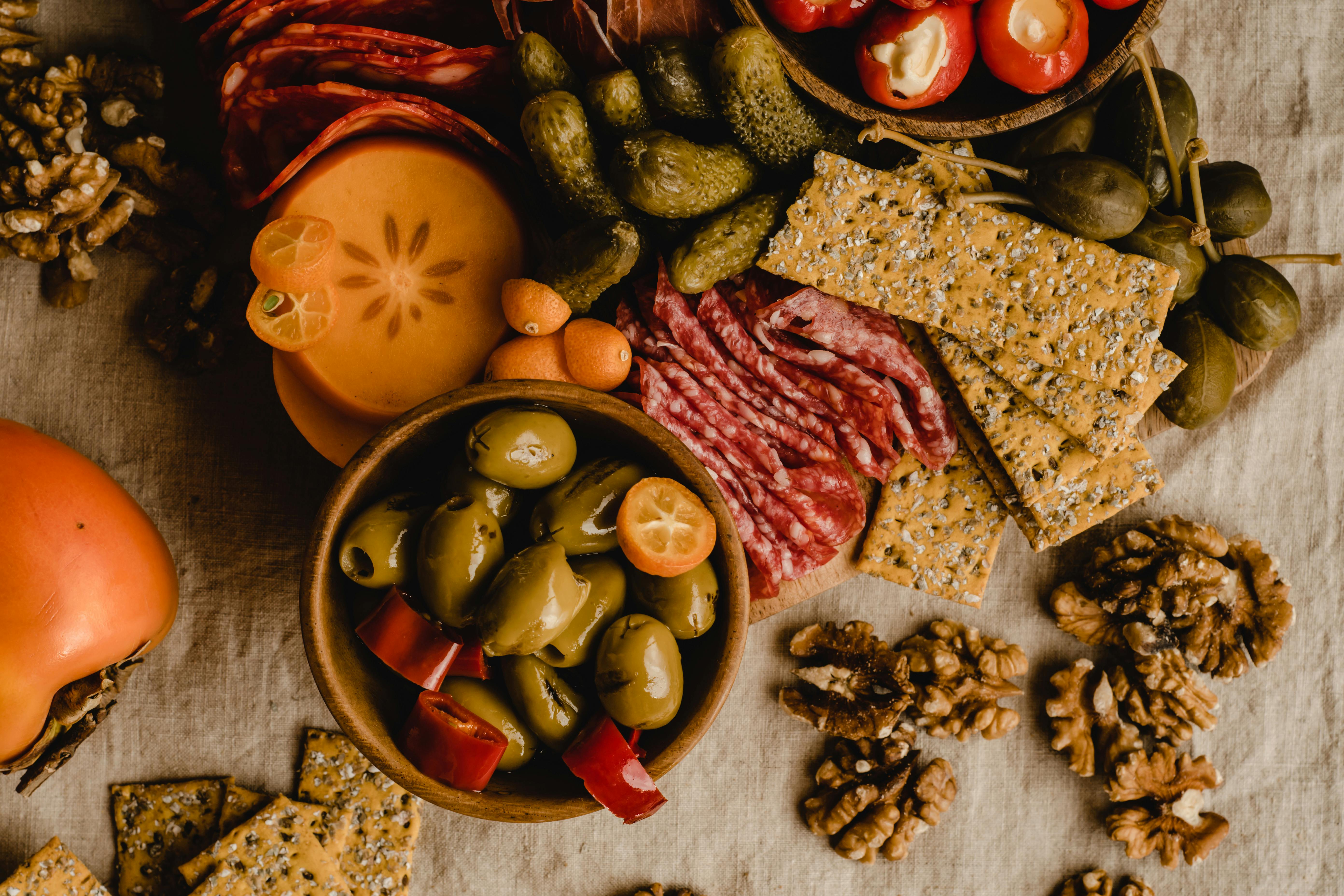
These small, salty flower buds are an under-the-radar source of highly concentrated, vessel-supporting flavonoids: Rutin and Quercetin. Rutin actively strengthens and stabilizes the walls of your capillaries, improving microcirculation and protecting against the 'leaky' blood vessels that often allow inflammatory fluid accumulation. Quercetin is a potent antioxidant that guards against the oxidation of fats. Adding capers to fish, pasta, or using them in homemade dips is an easy, savory way to deliver a dense hit of vascular protection that keeps your circulatory system resilient.
50. Unsweetened Tart Cherry Juice — The Acute Flare Quencher
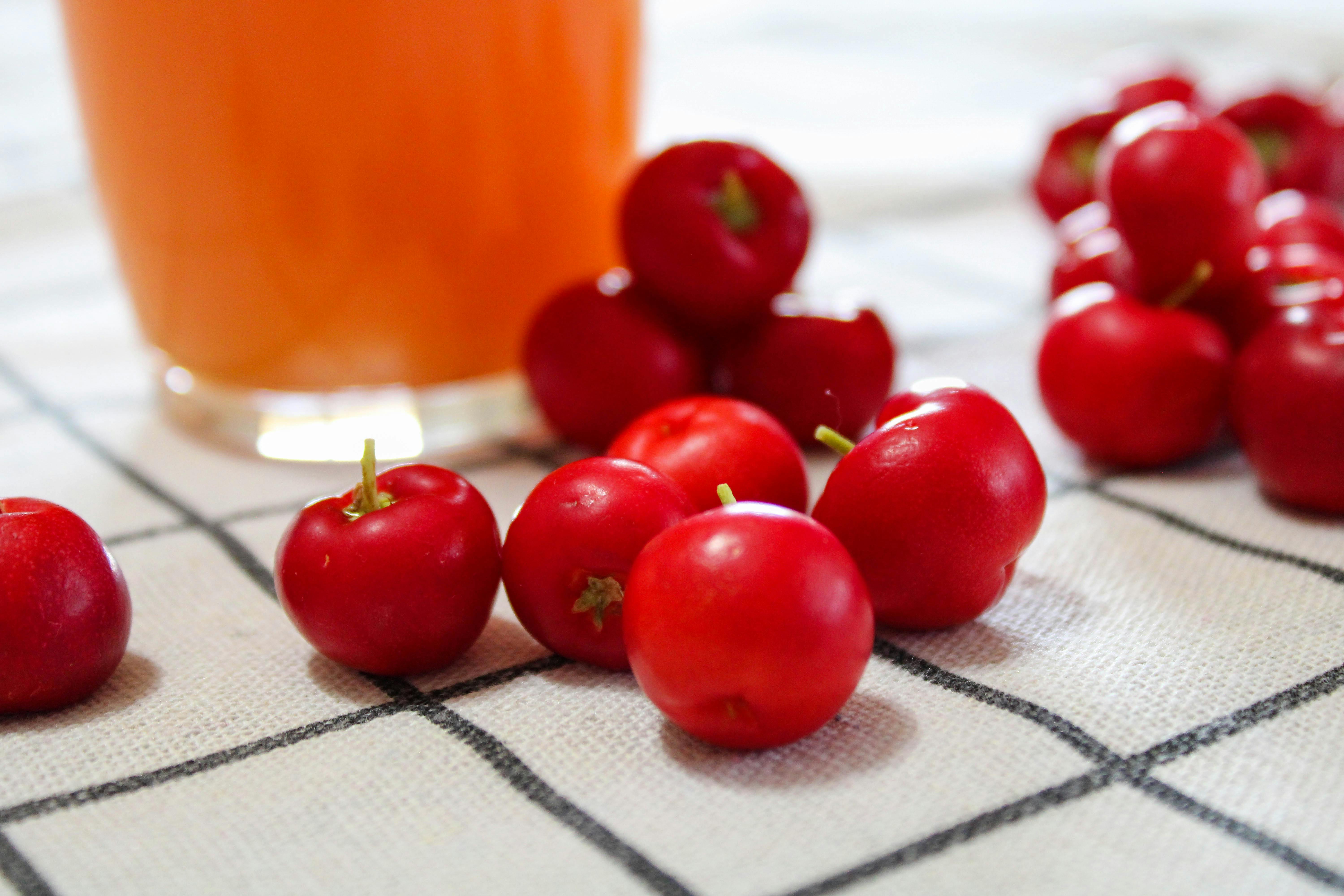
While tart cherries are listed, focusing on the unsweetened juice offers a concentrated, fast-acting treatment for acute inflammation. The high concentration of anthocyanins in the juice is directly linked to reducing muscle soreness post-exercise and lowering uric acid levels (a driver of gout-related inflammation). Drinking a small daily amount can act as a proactive measure against inflammatory flares, offering rapid relief to joints and muscles by inhibiting key inflammatory enzymes. It's a therapeutic beverage that supports athletic recovery and chronic joint comfort.
A Gentle Food-Based Approach to Lifelong Wellness
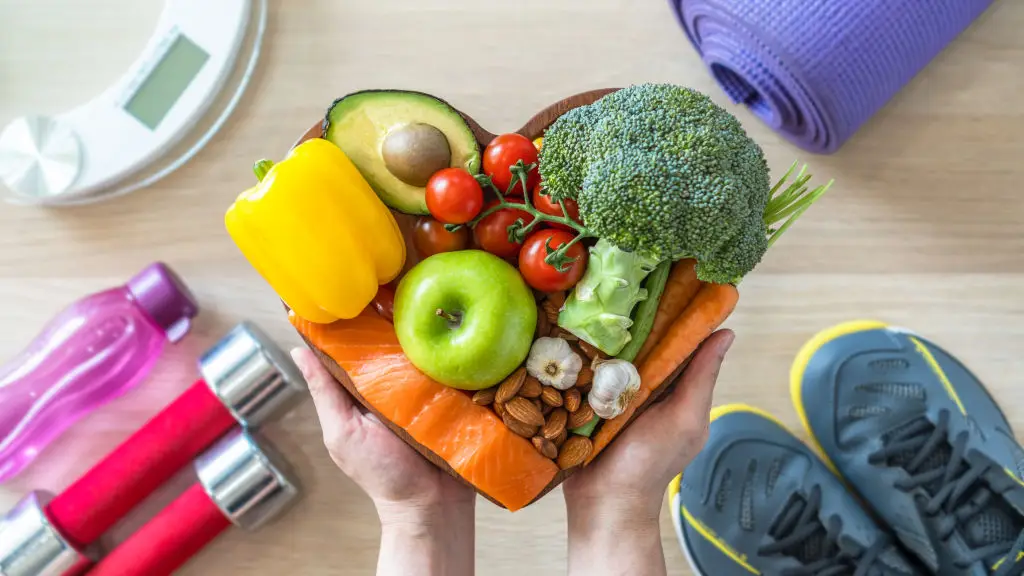
Over time, these gentle shifts add up: you might feel a little more flexible, a bit more energetic, or simply better supported as you go about your day. Remember, sustainable change comes from steady progress and realistic expectations—no guilt, no pressure. Celebrate every new recipe, every fresh ingredient, and each positive step toward a more comfortable, vibrant you. And if you’re managing chronic inflammation or serious conditions, check in with a trusted health professional to tailor these suggestions for your unique journey. Here’s to healing, one delicious bite at a time.